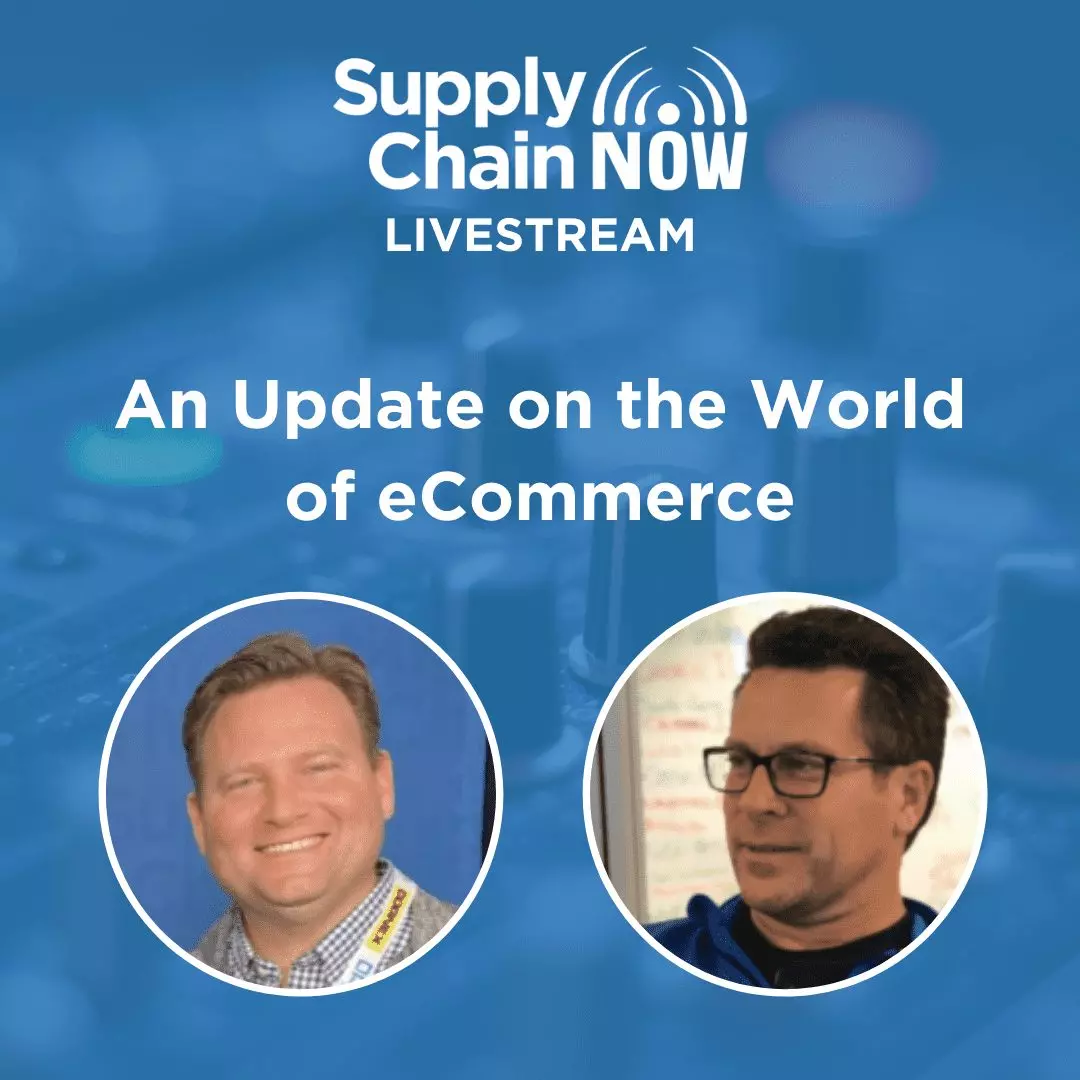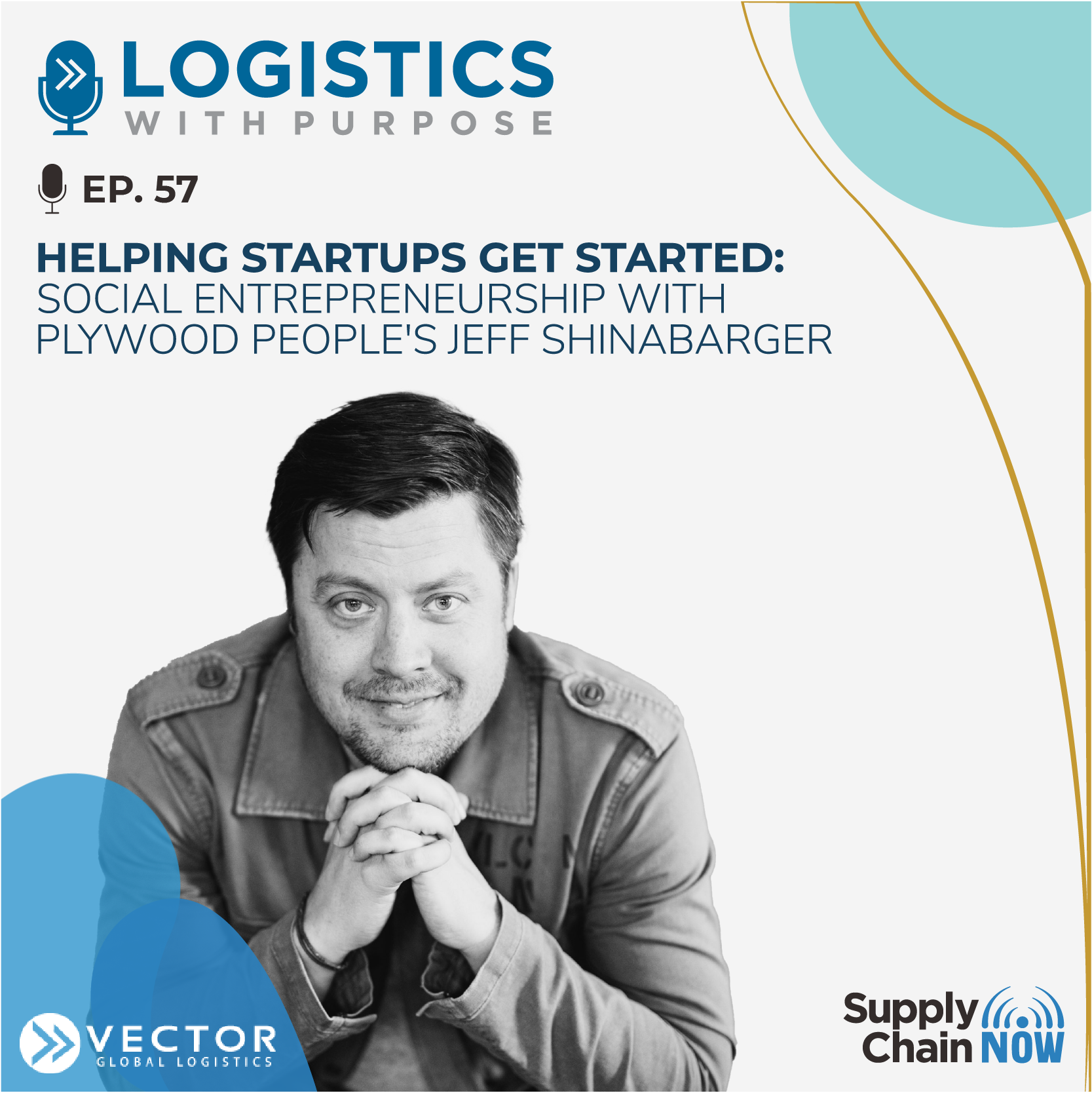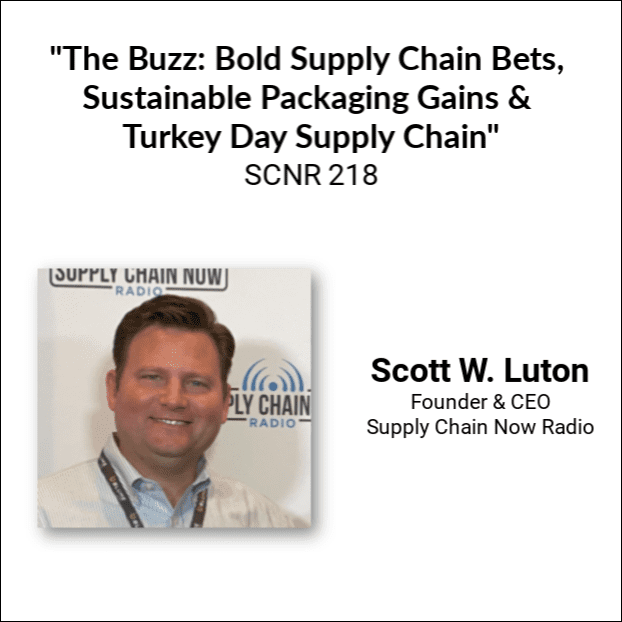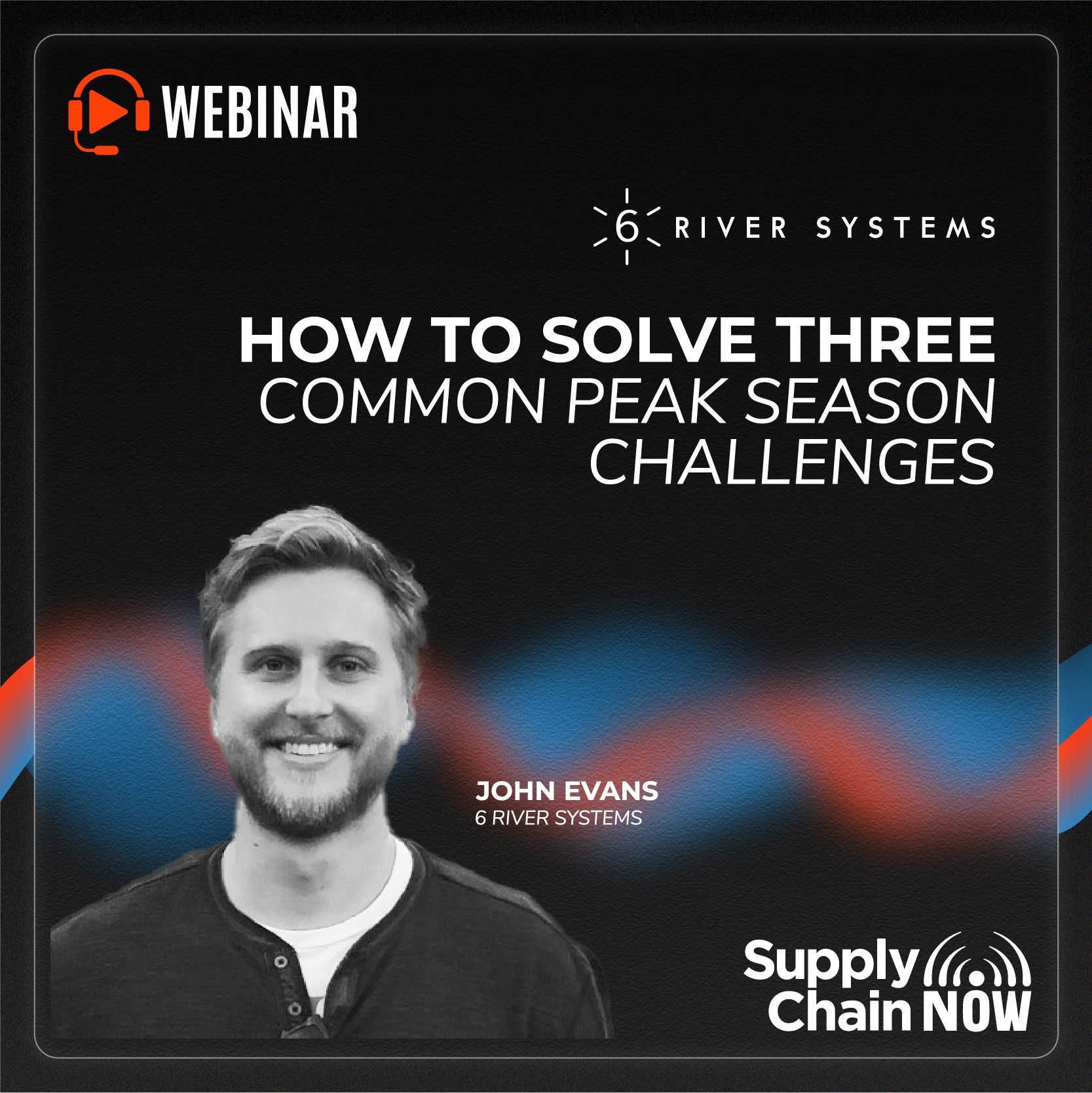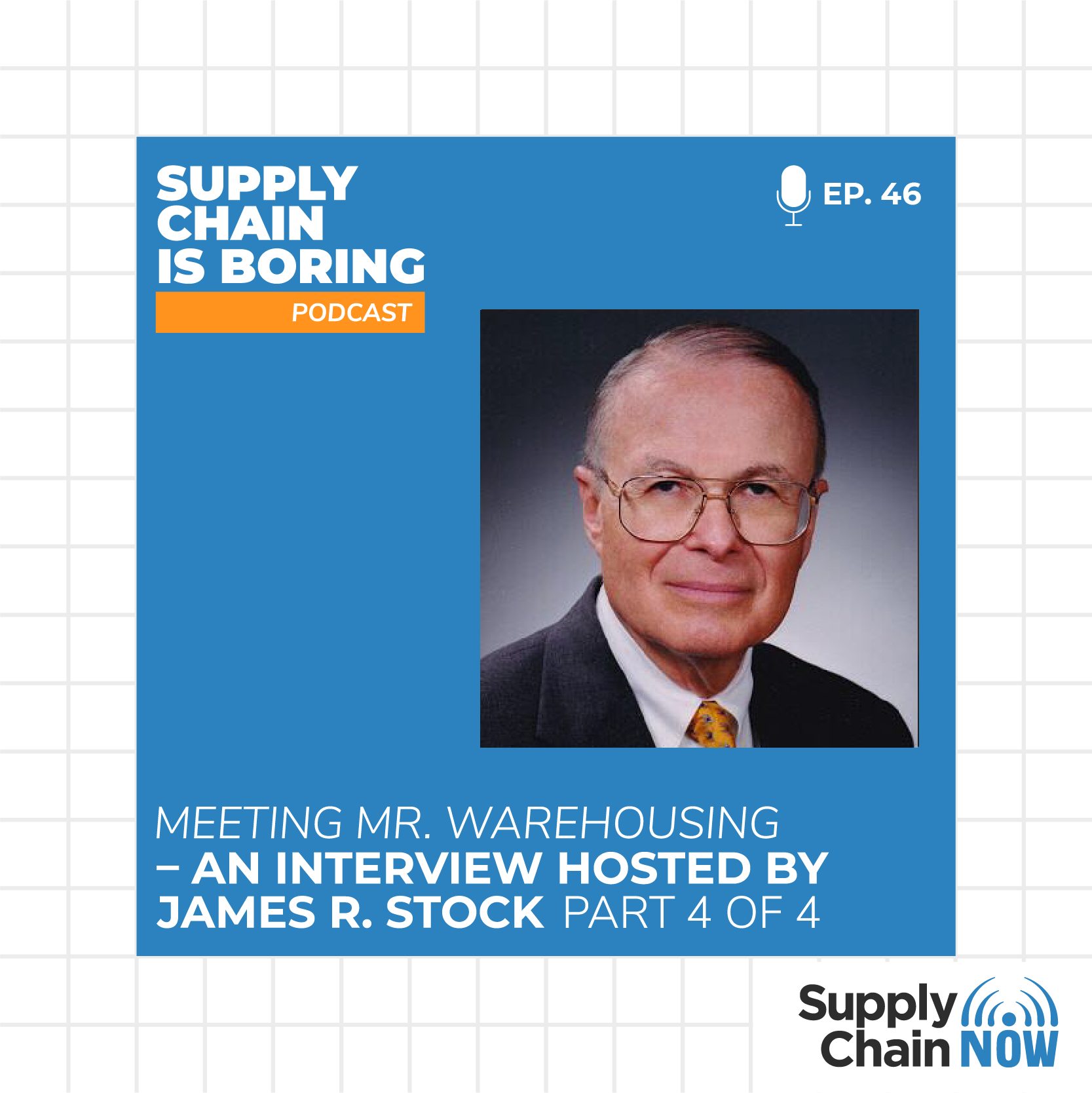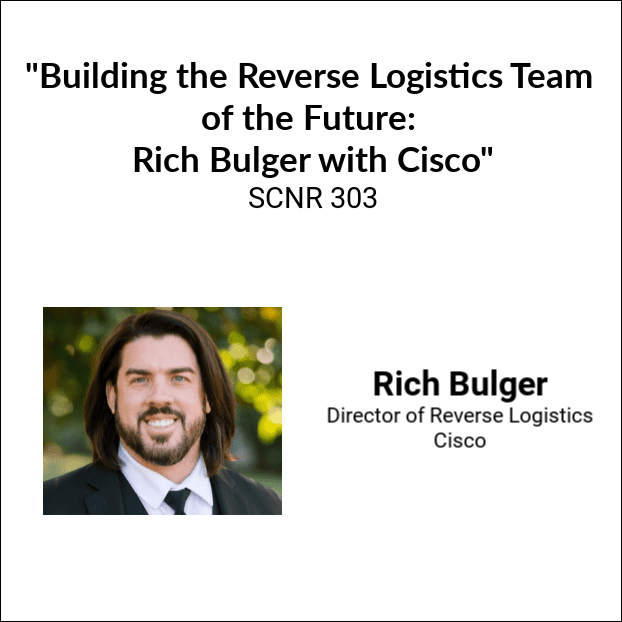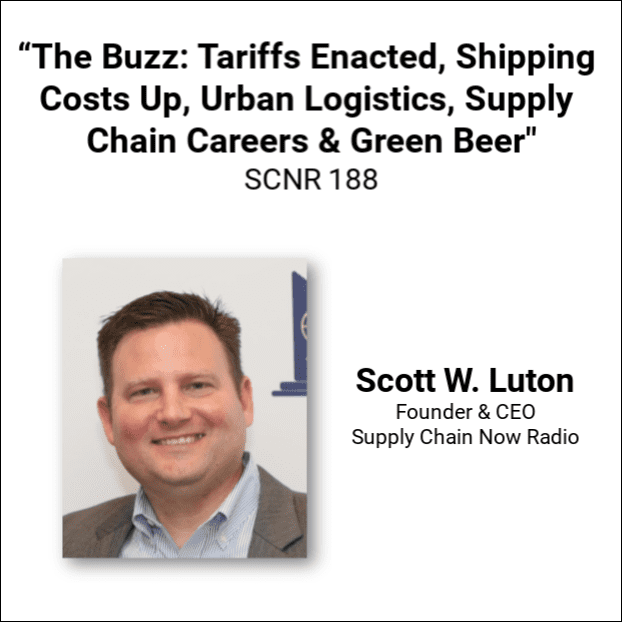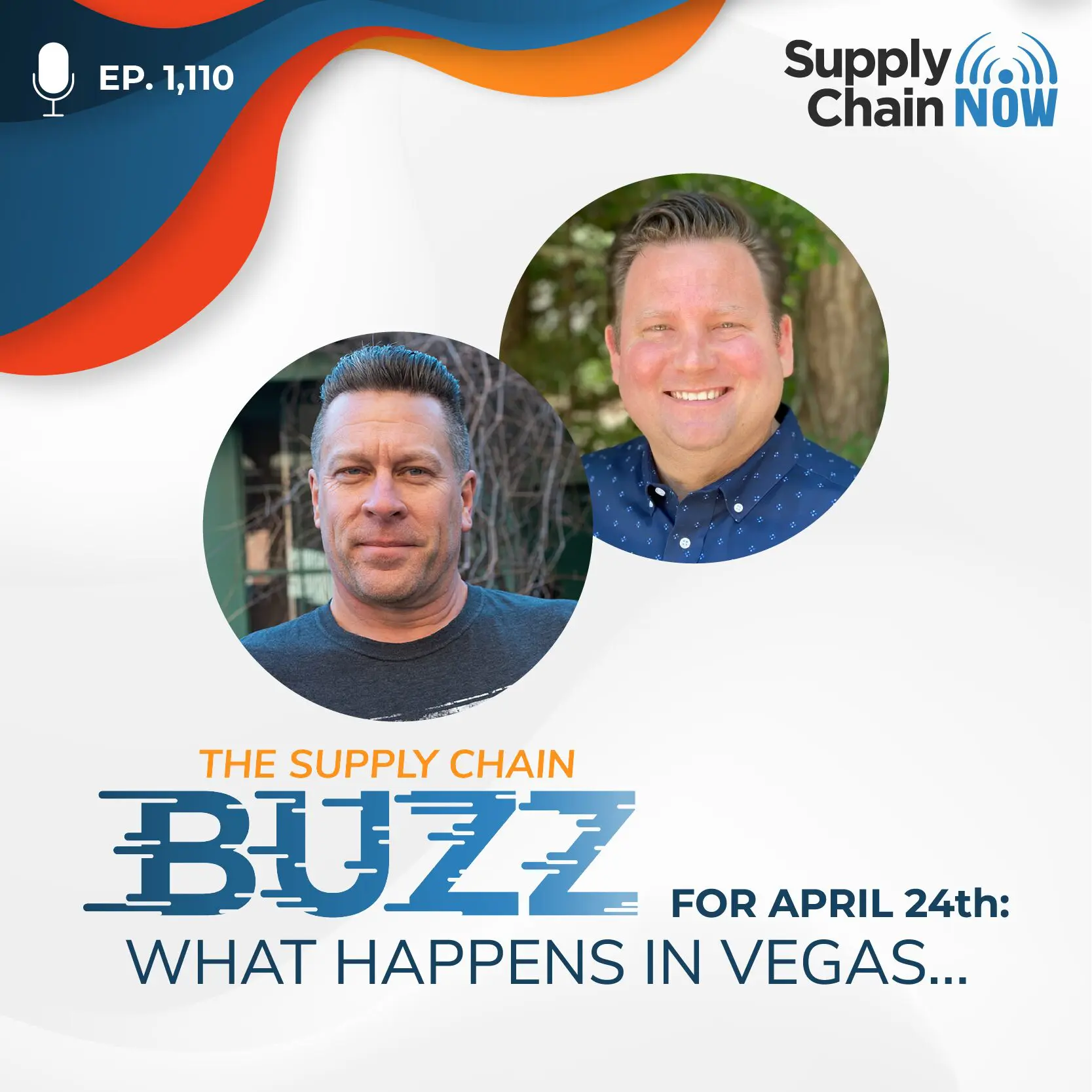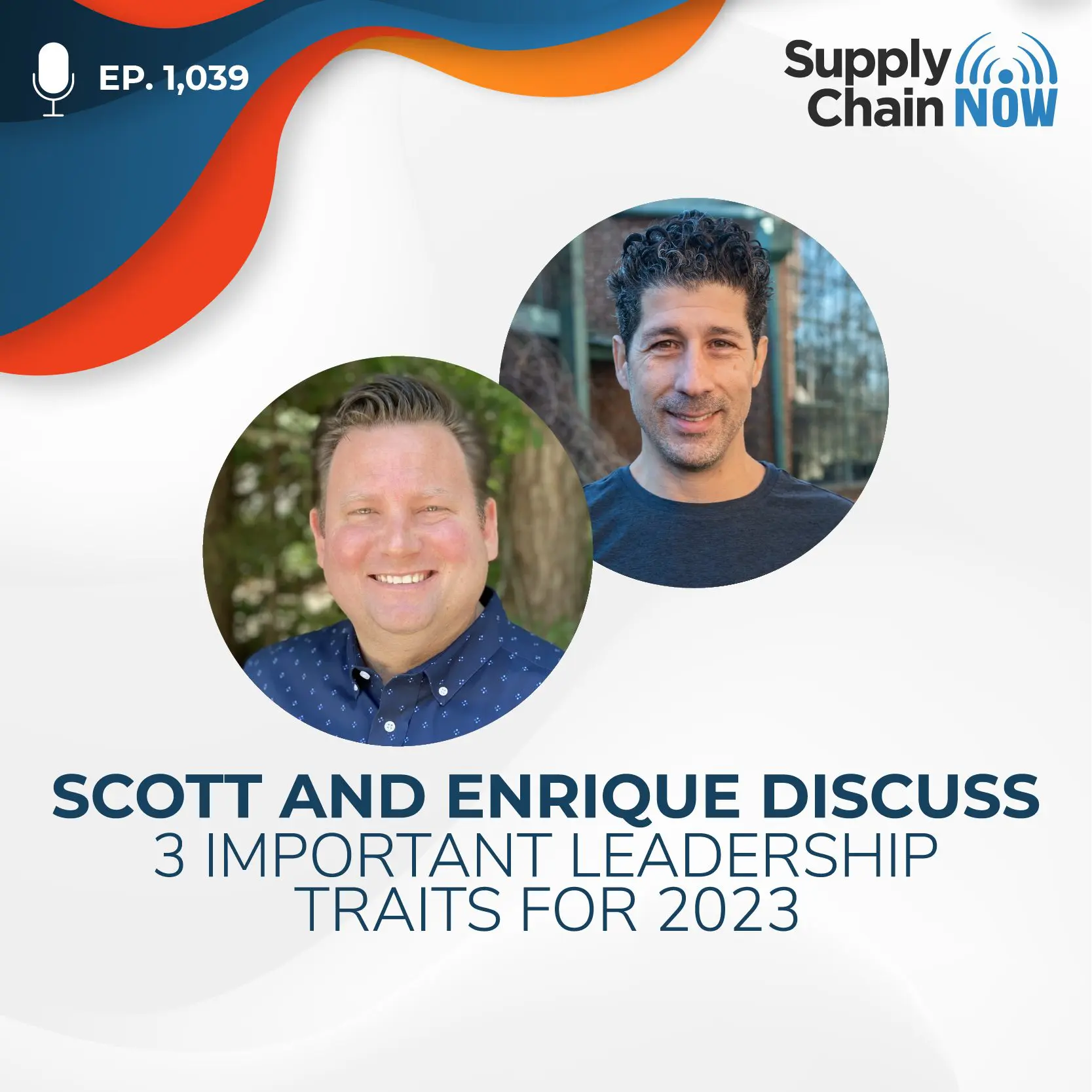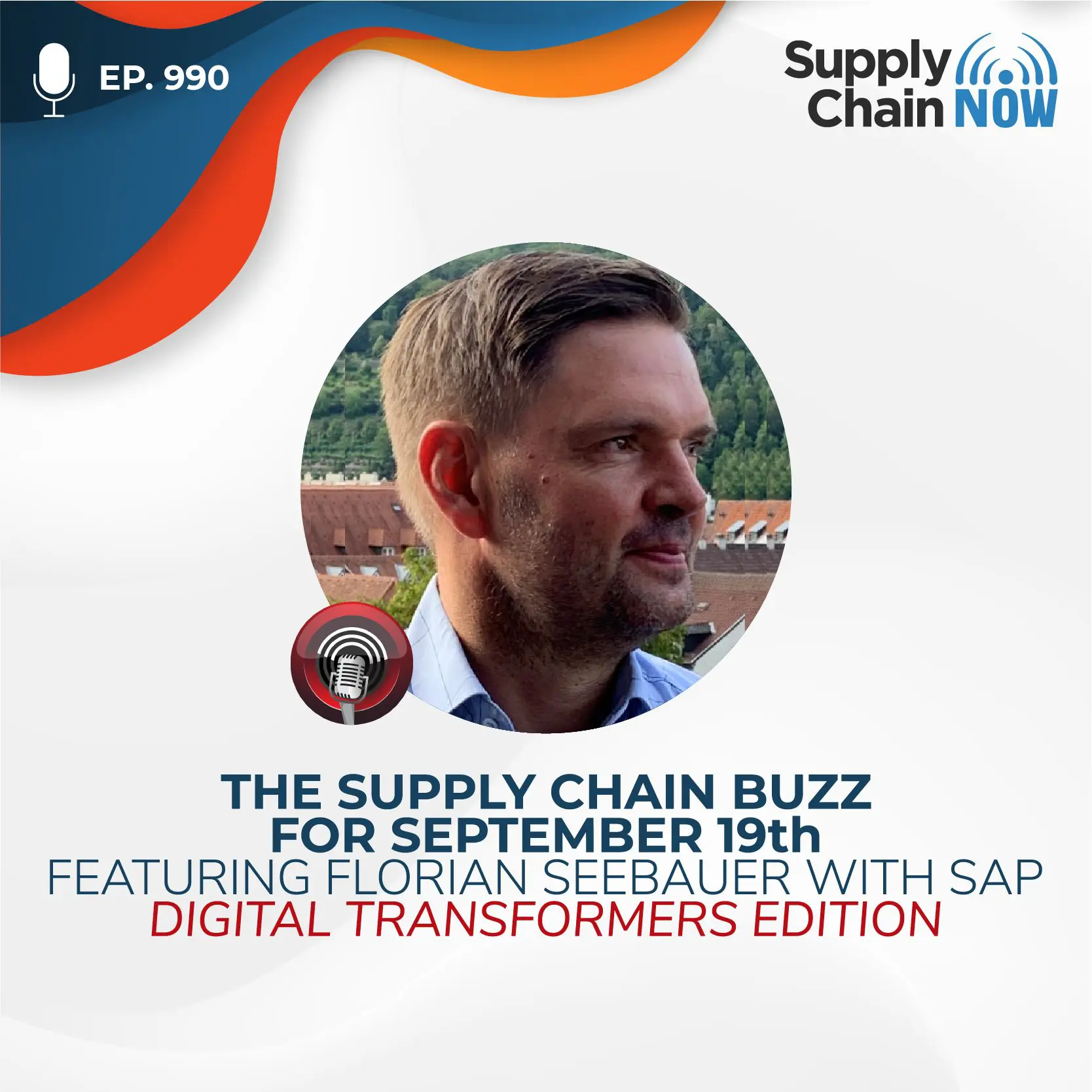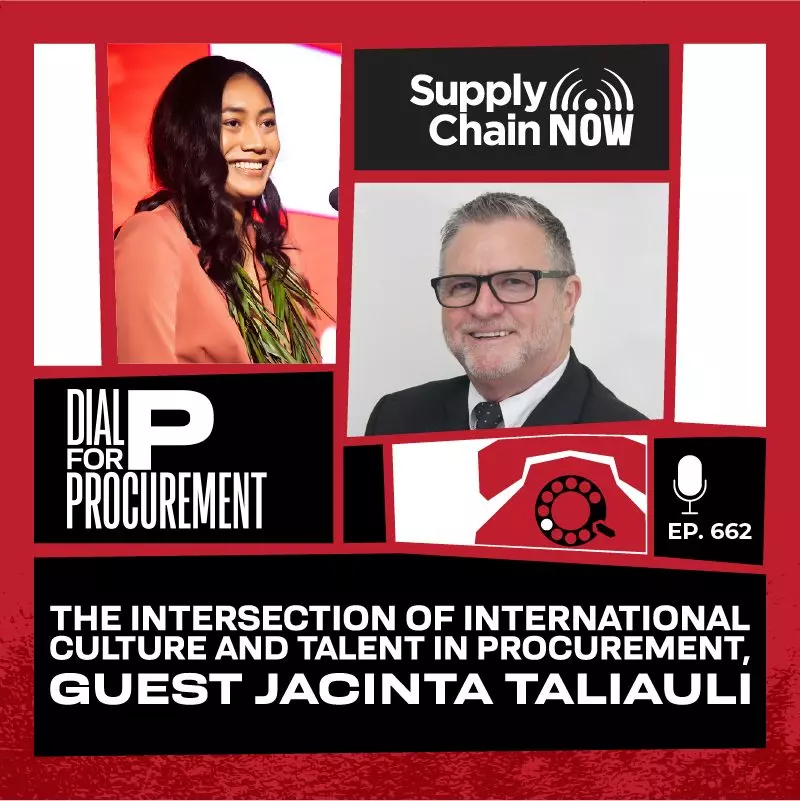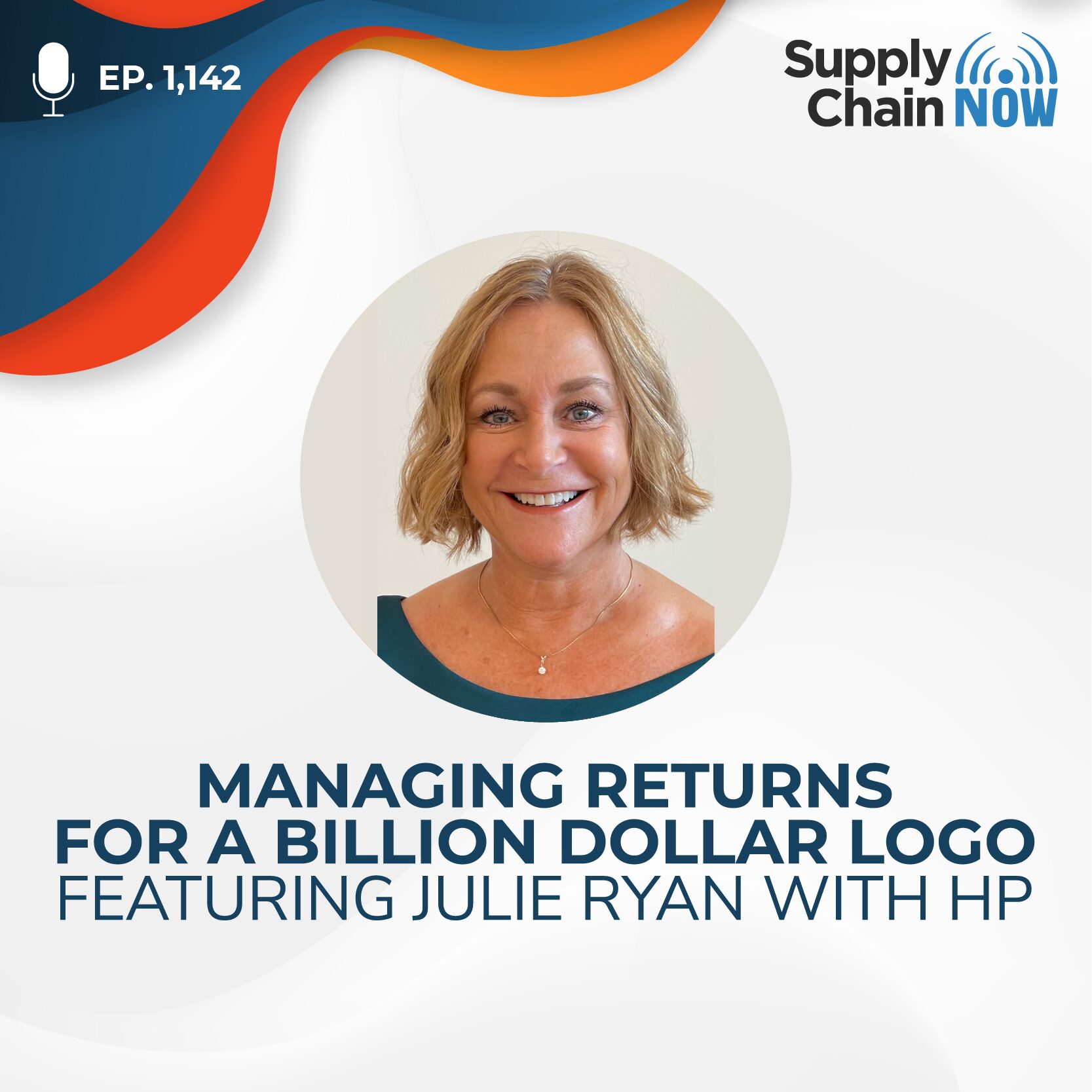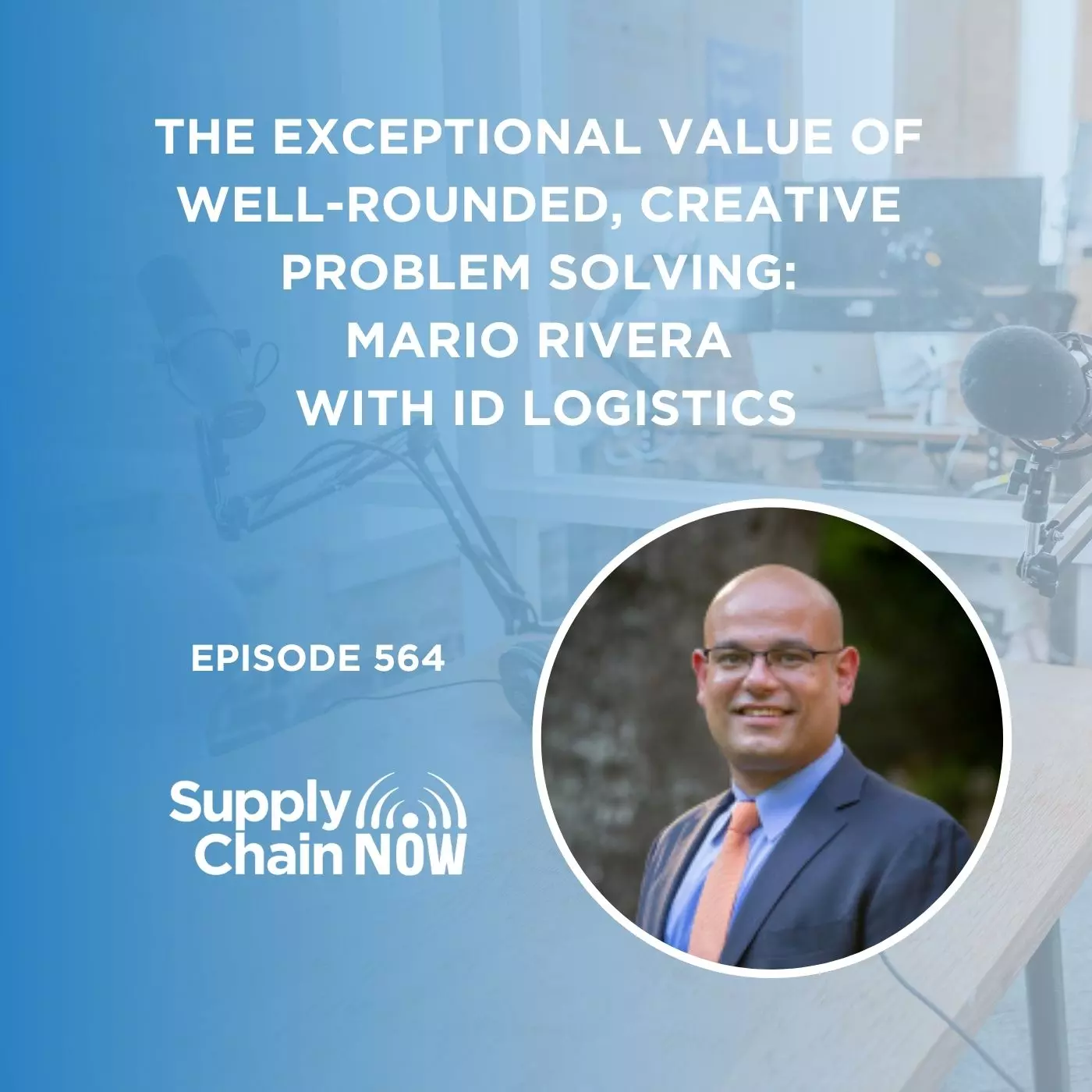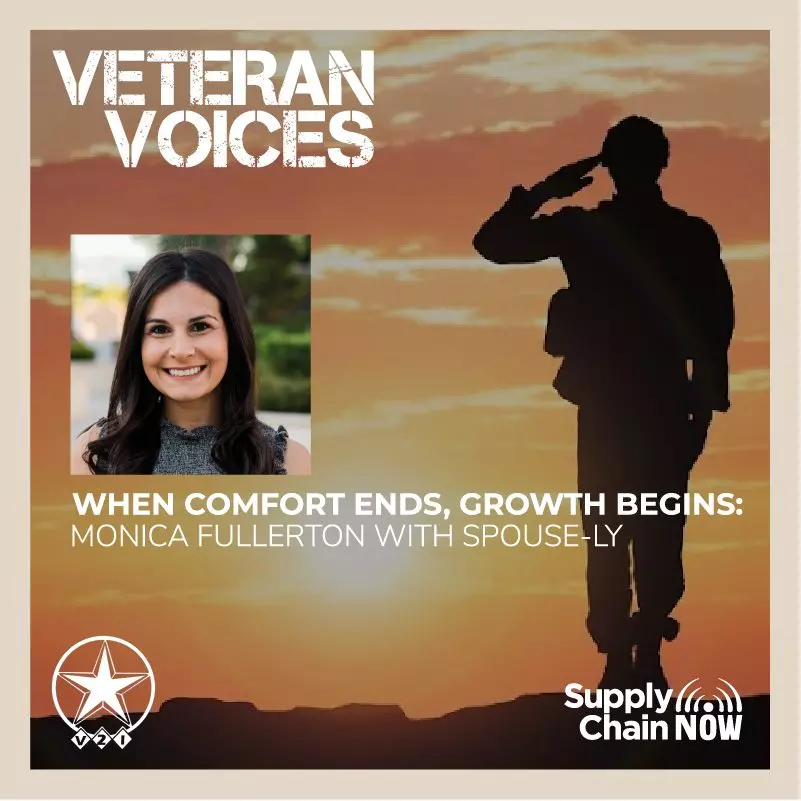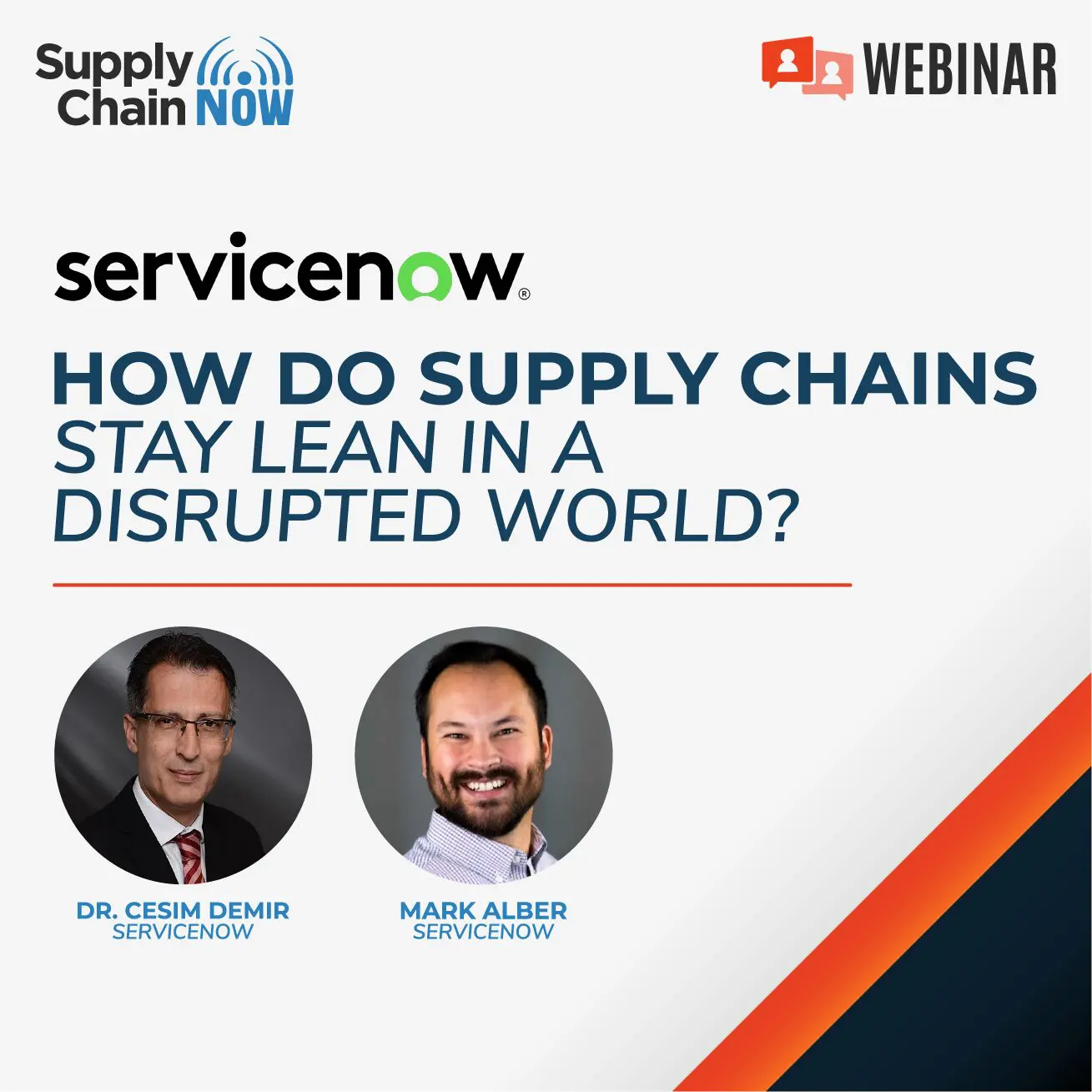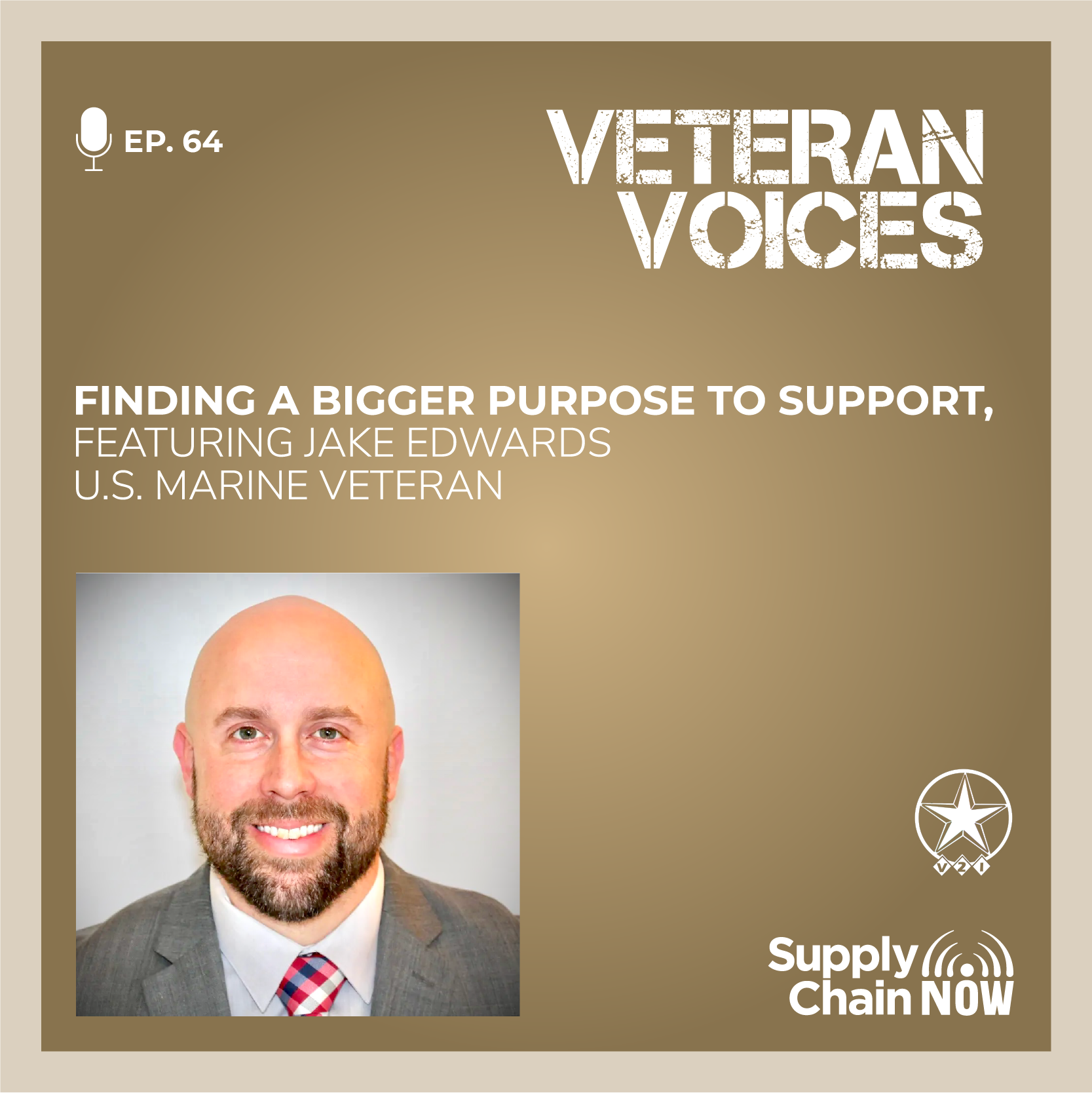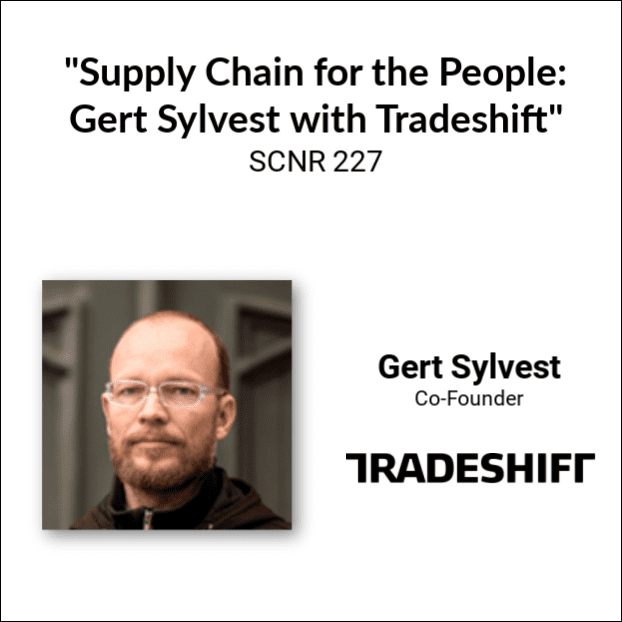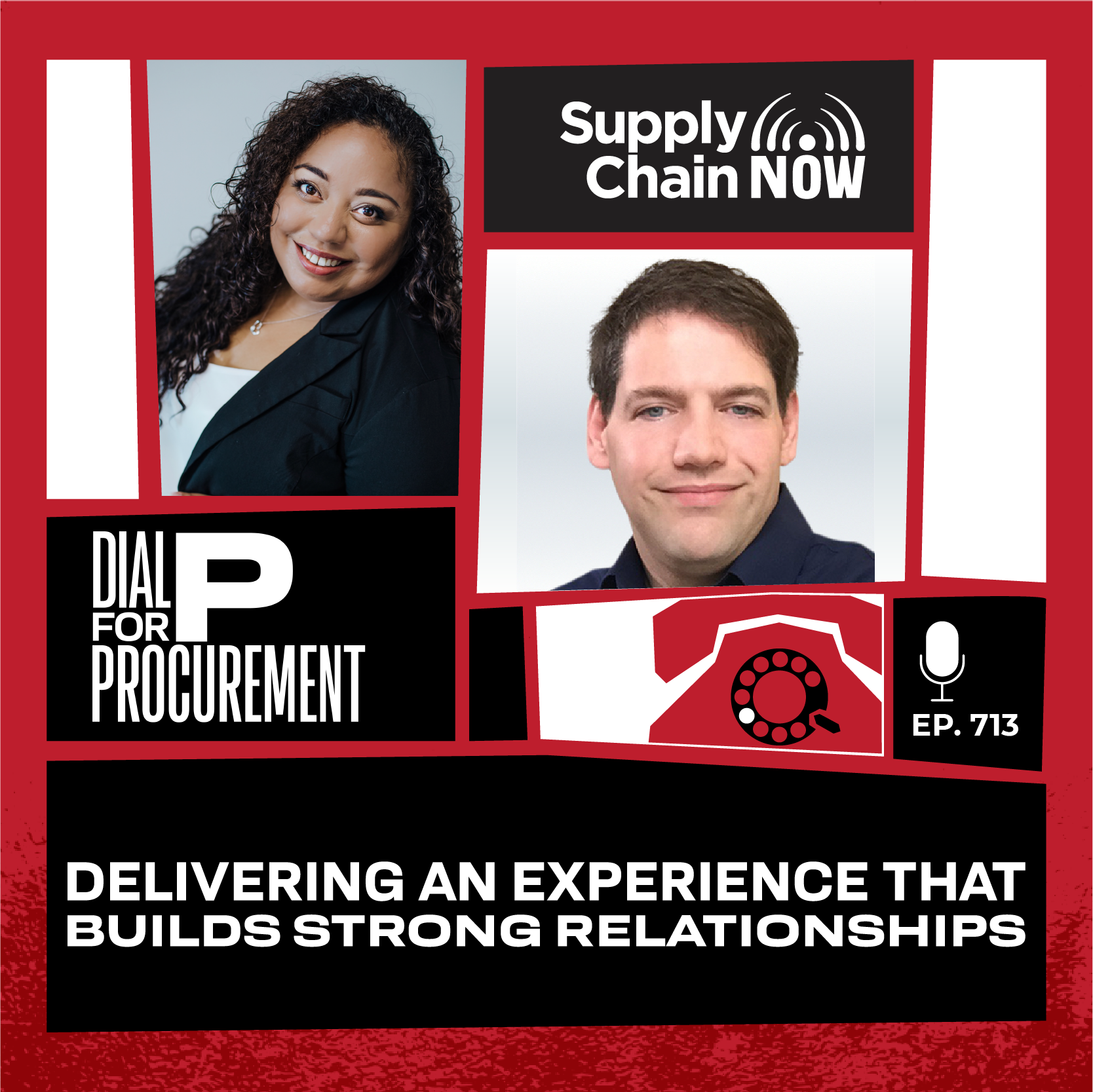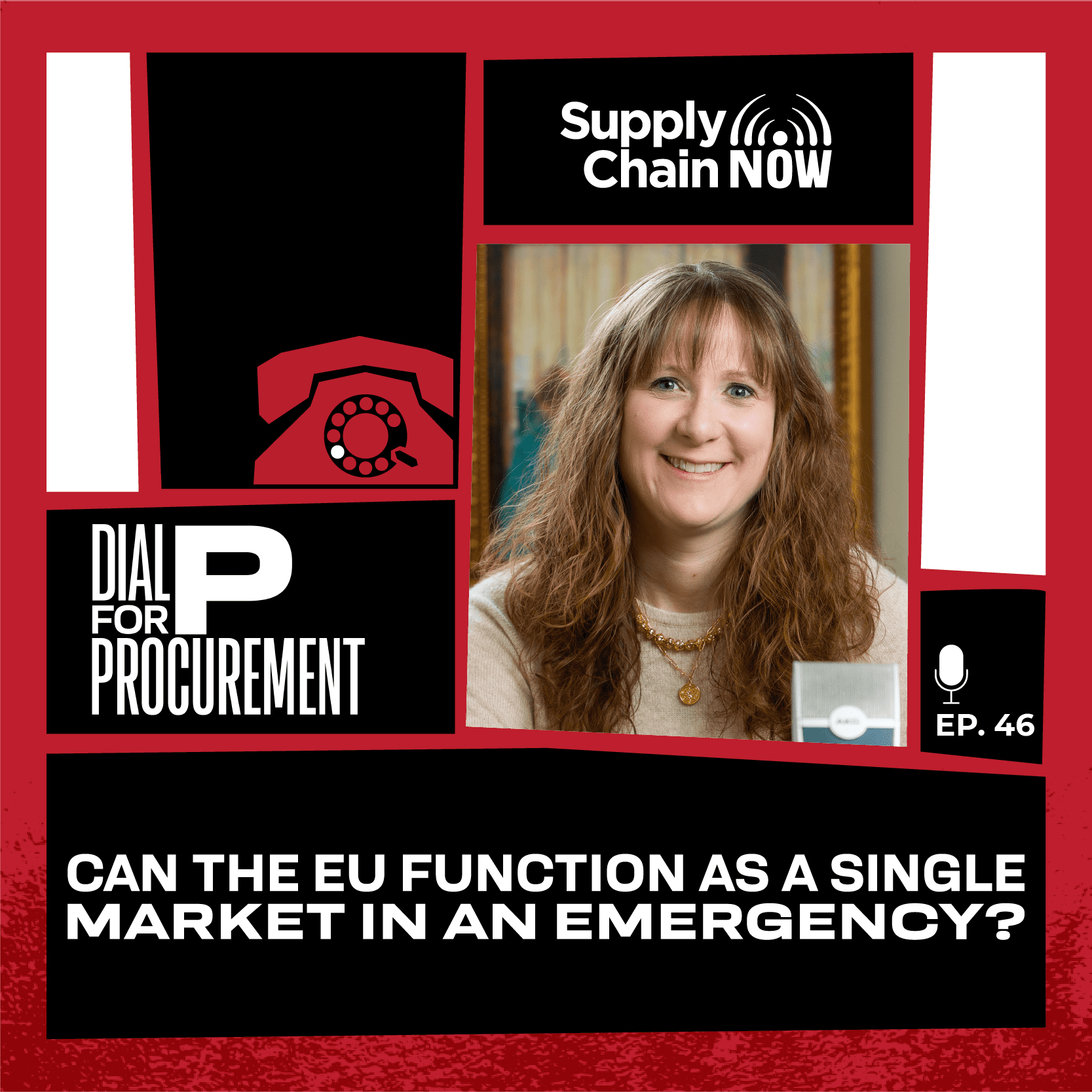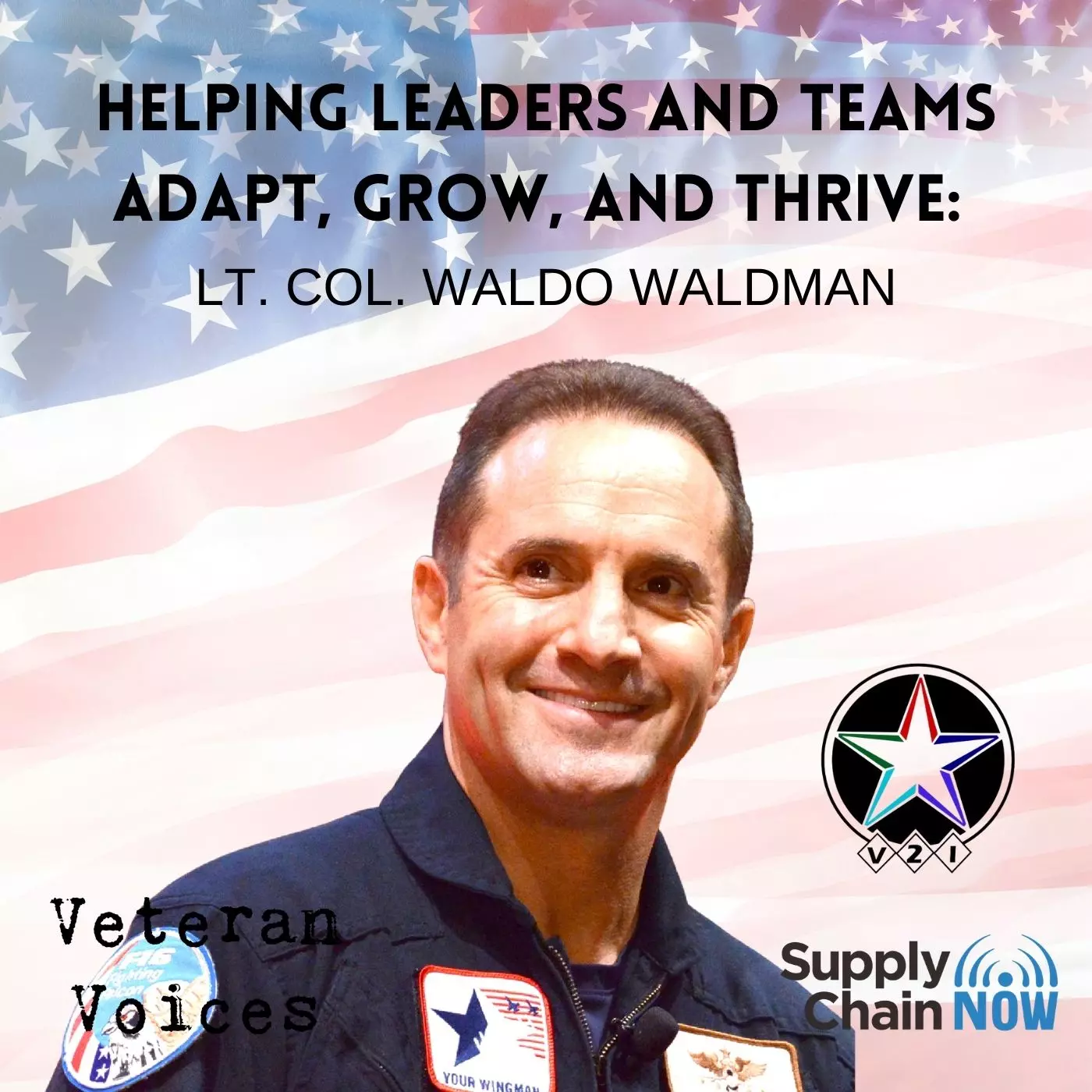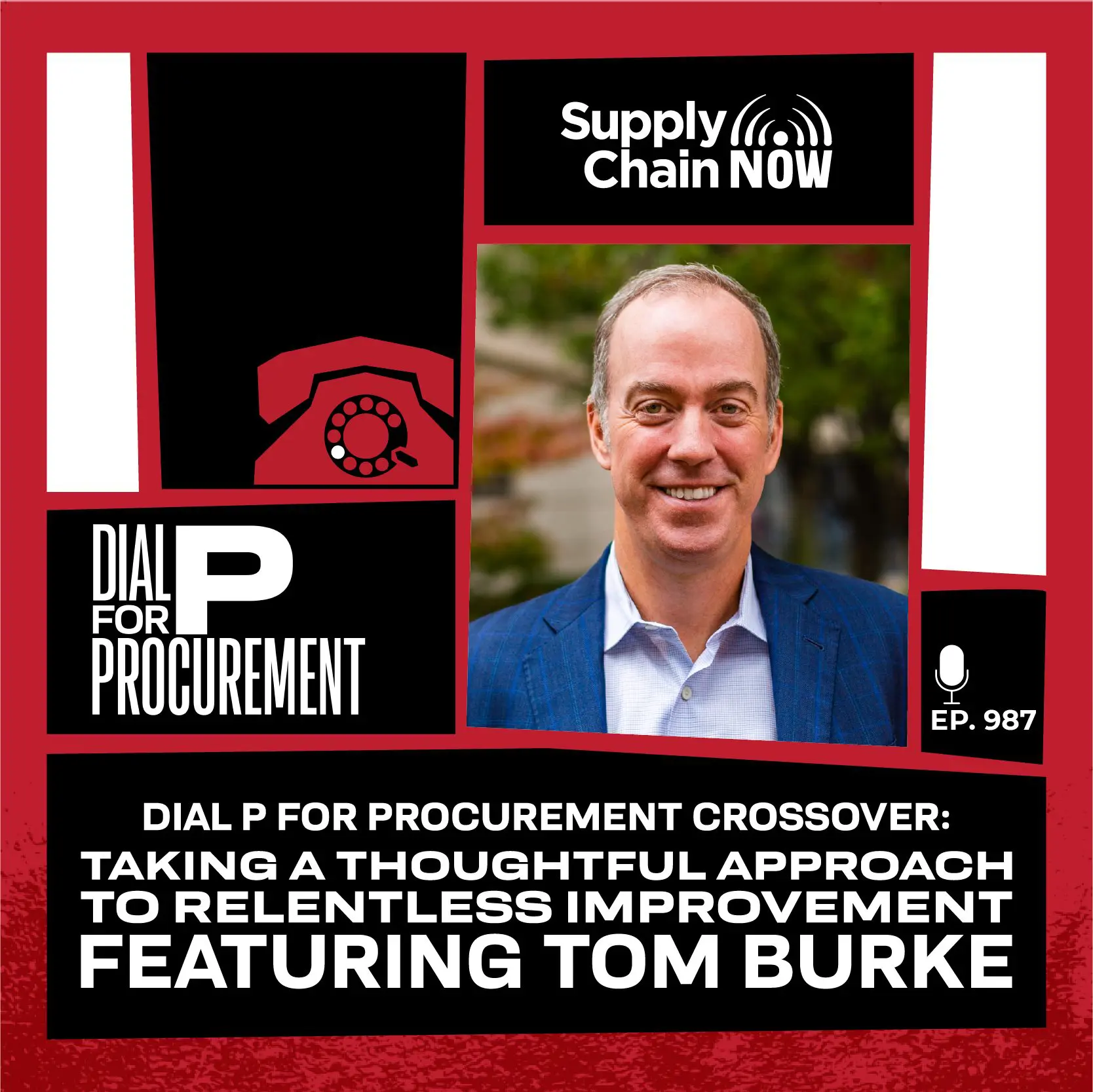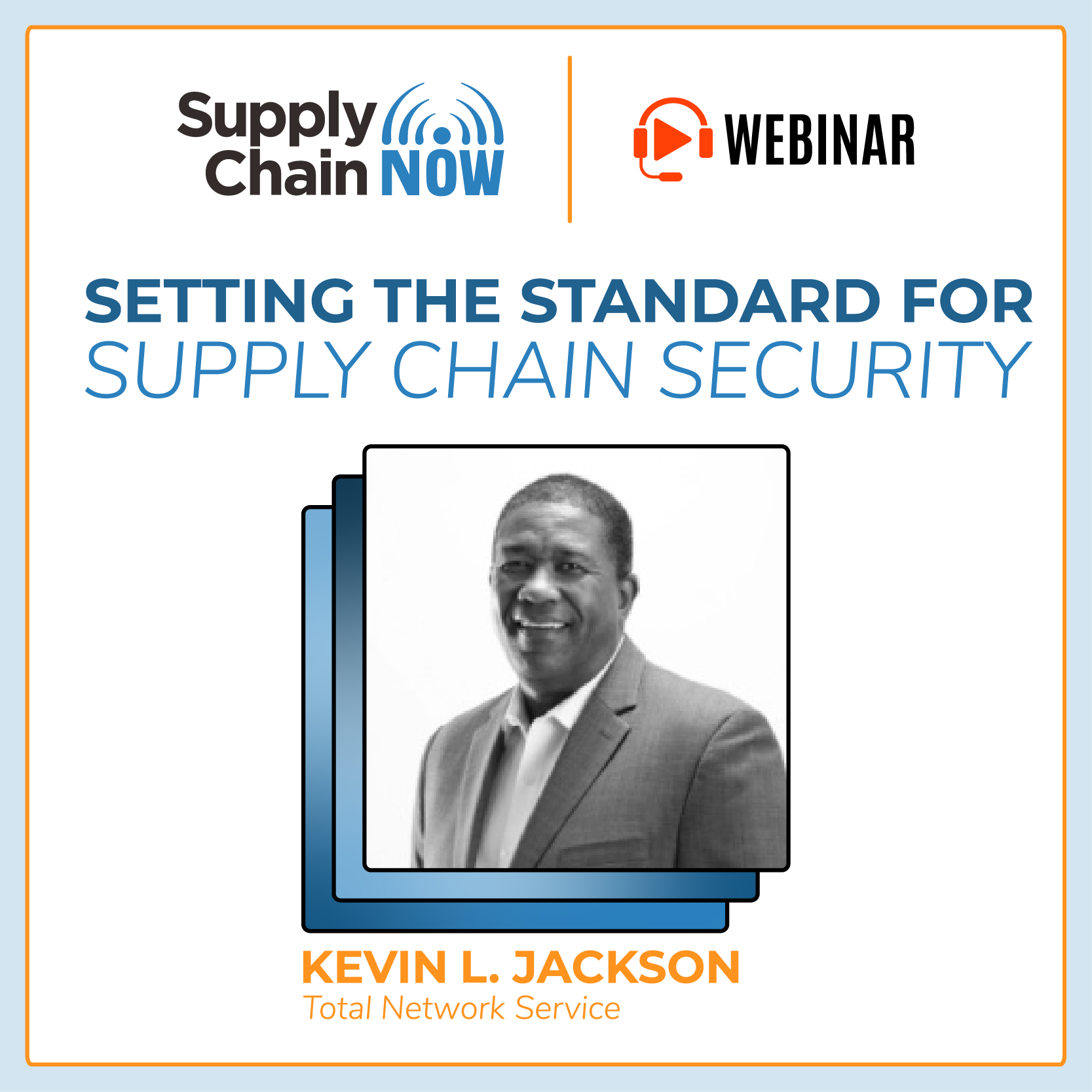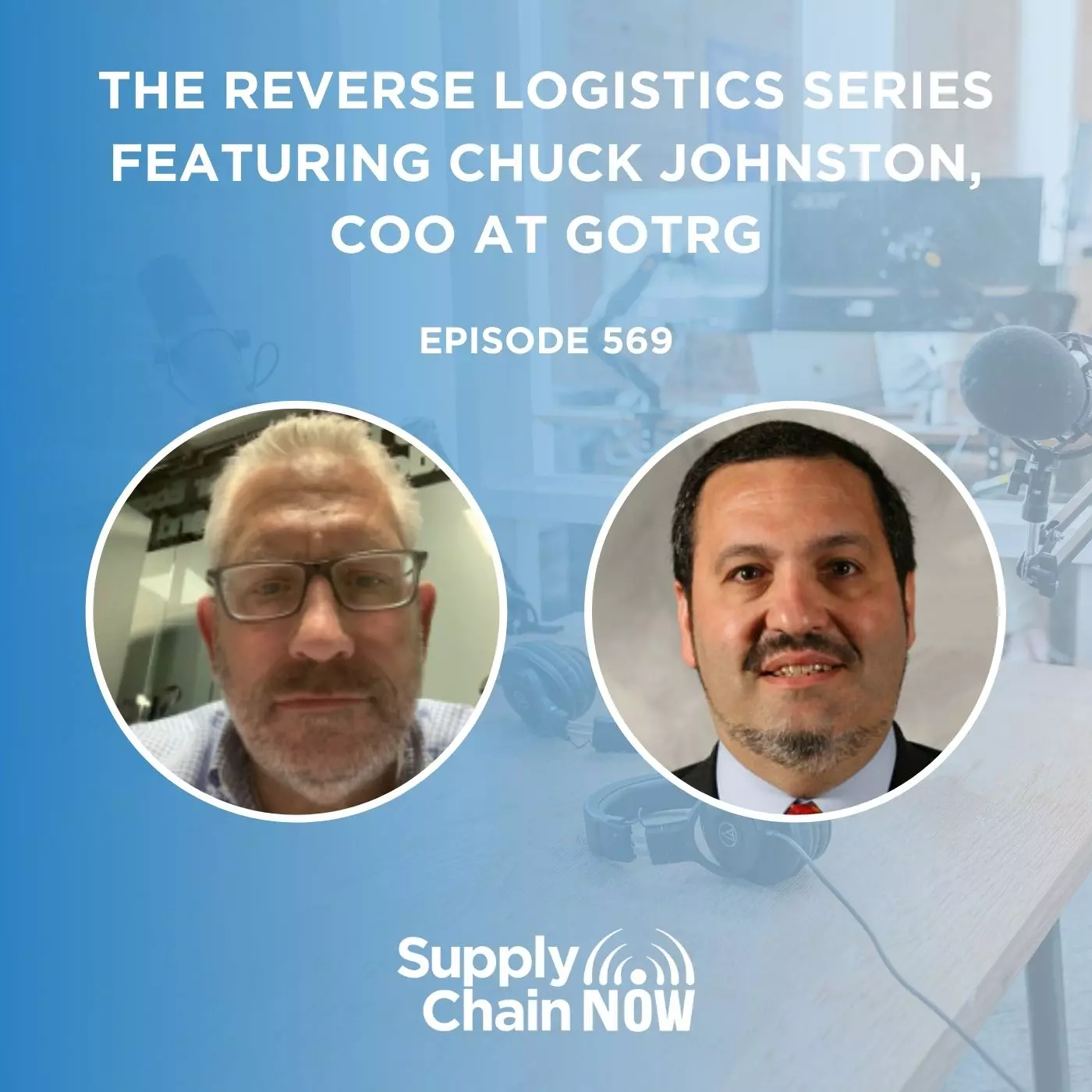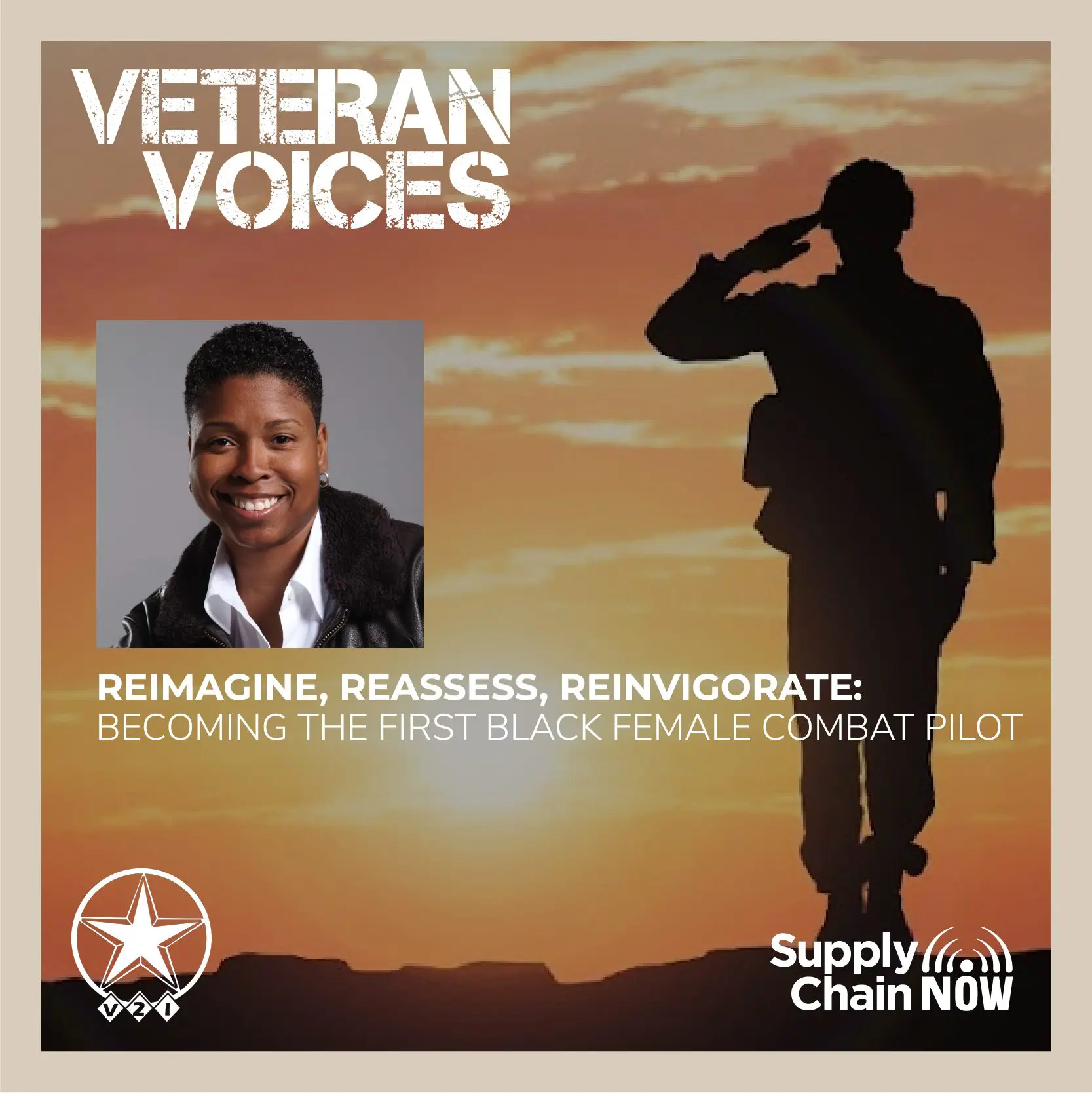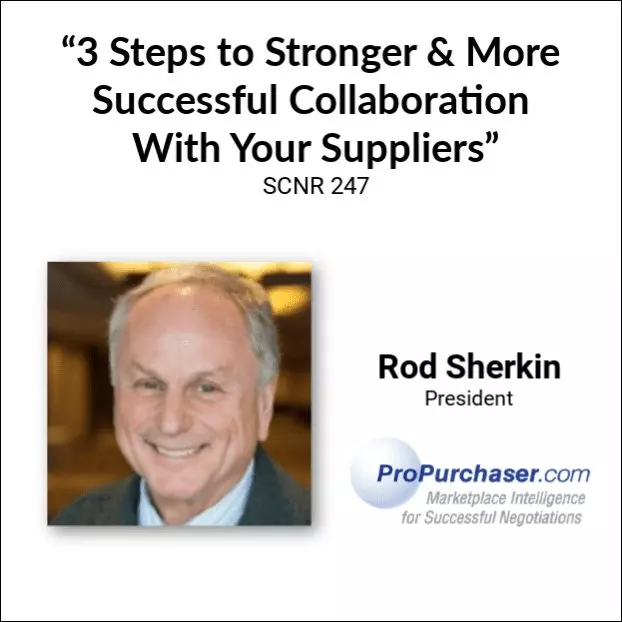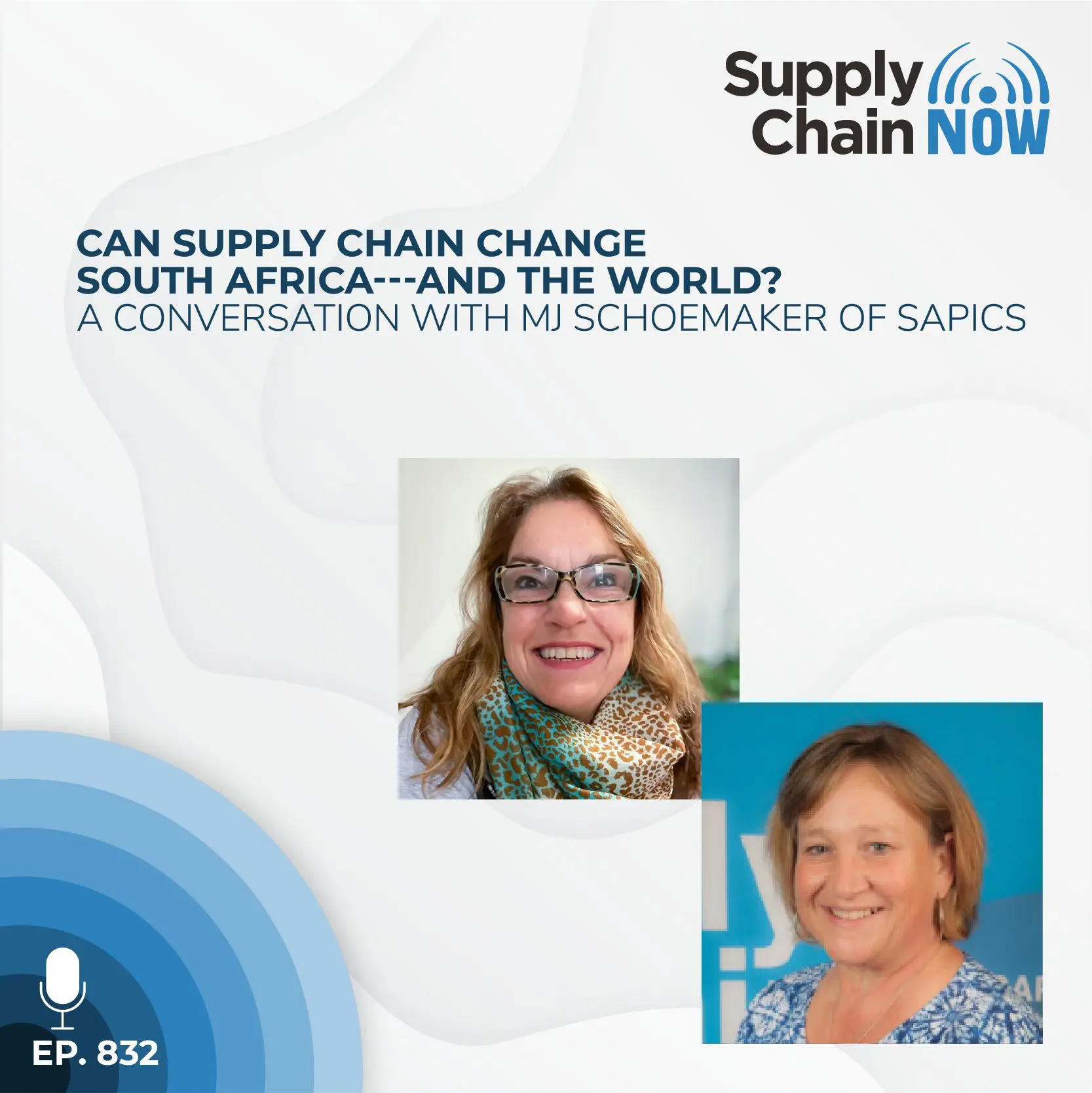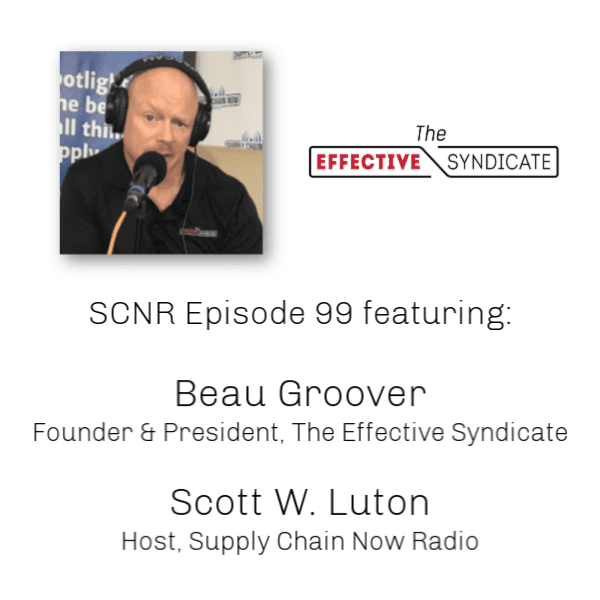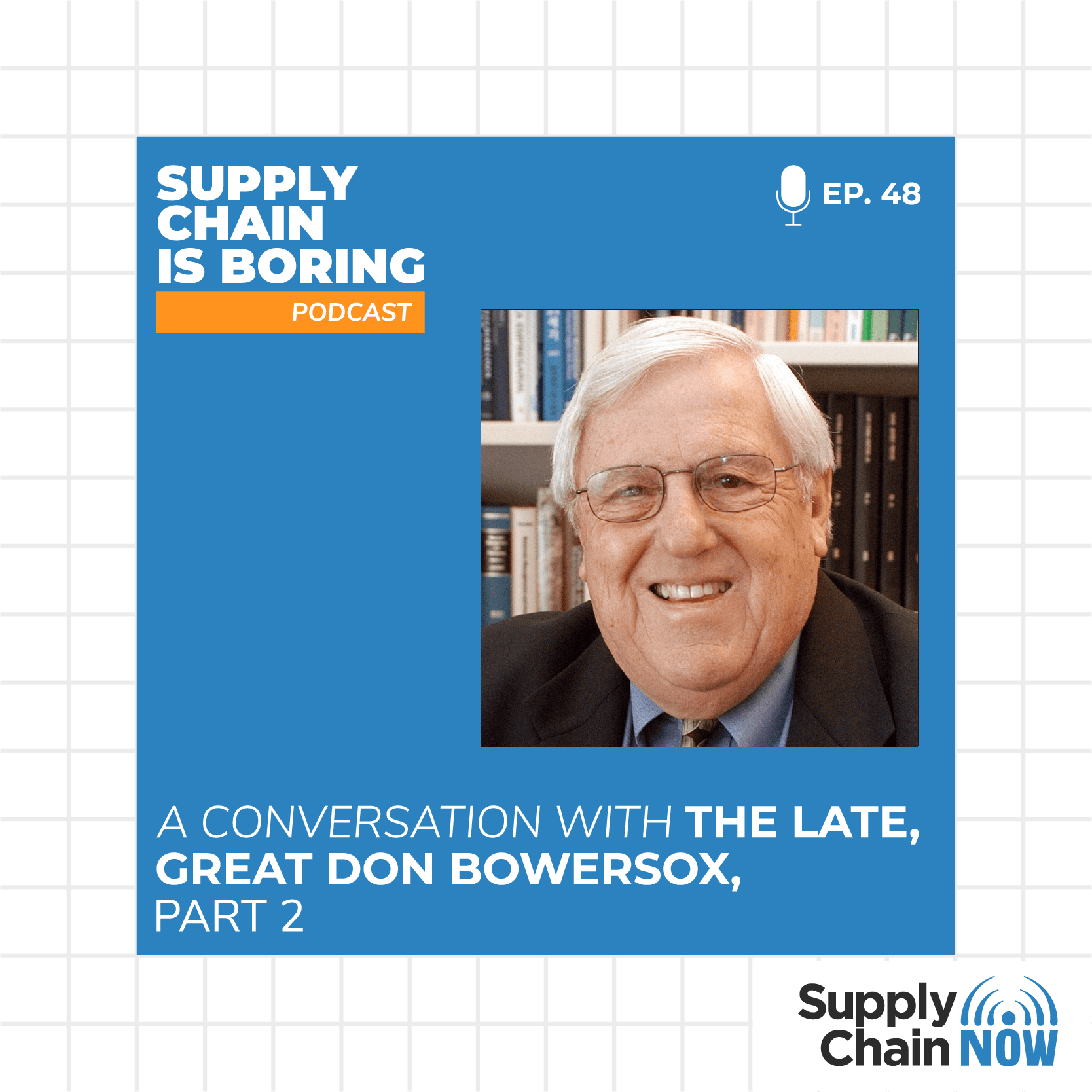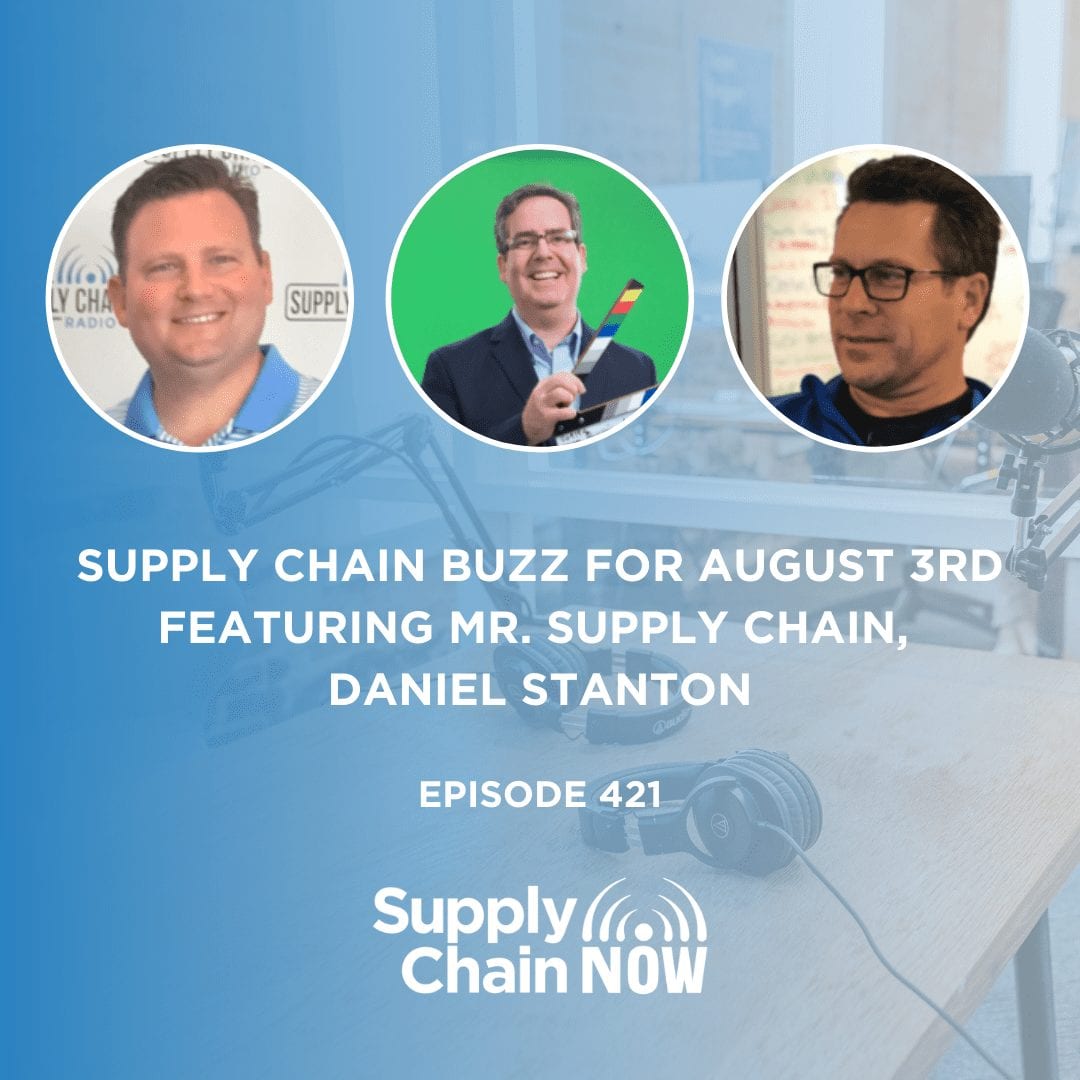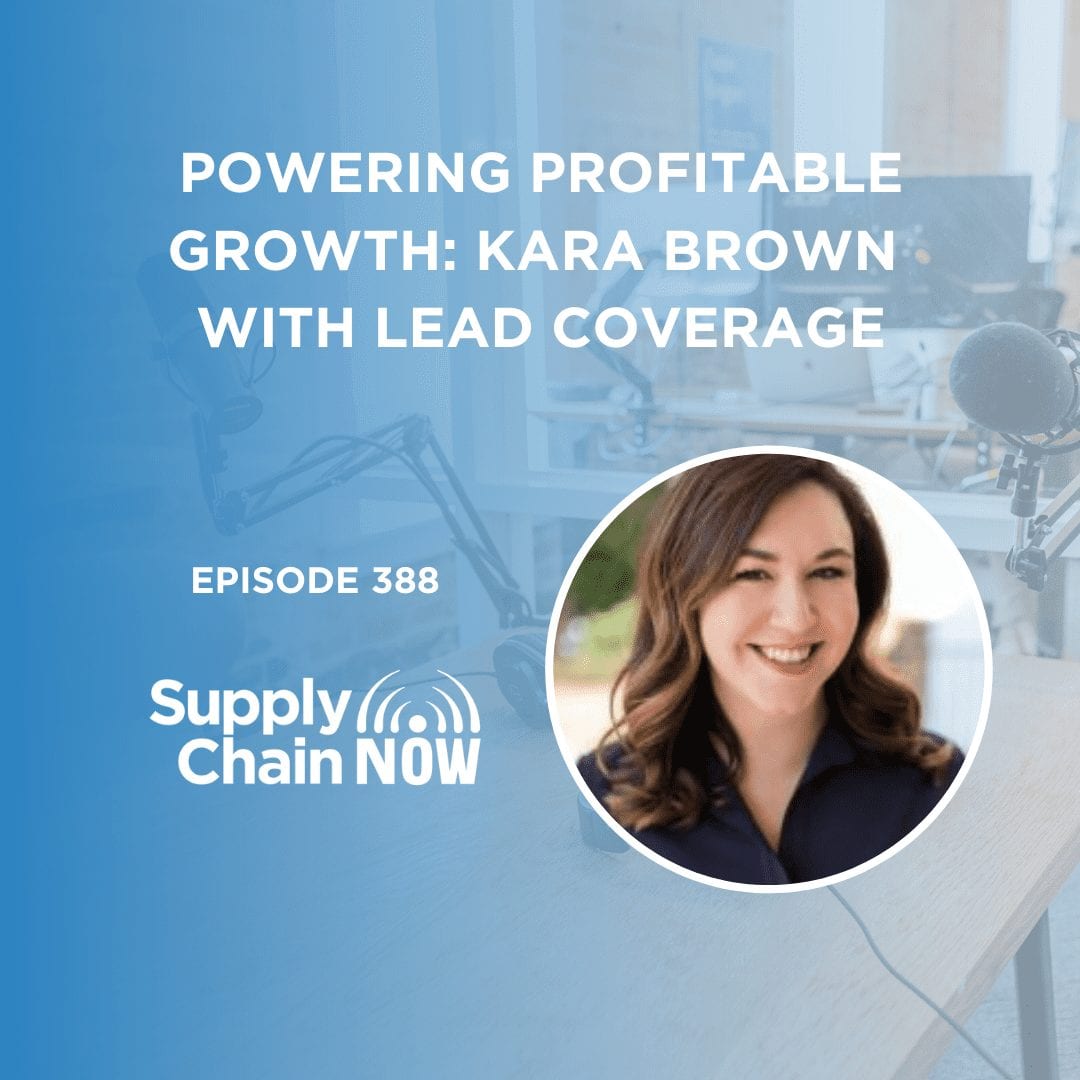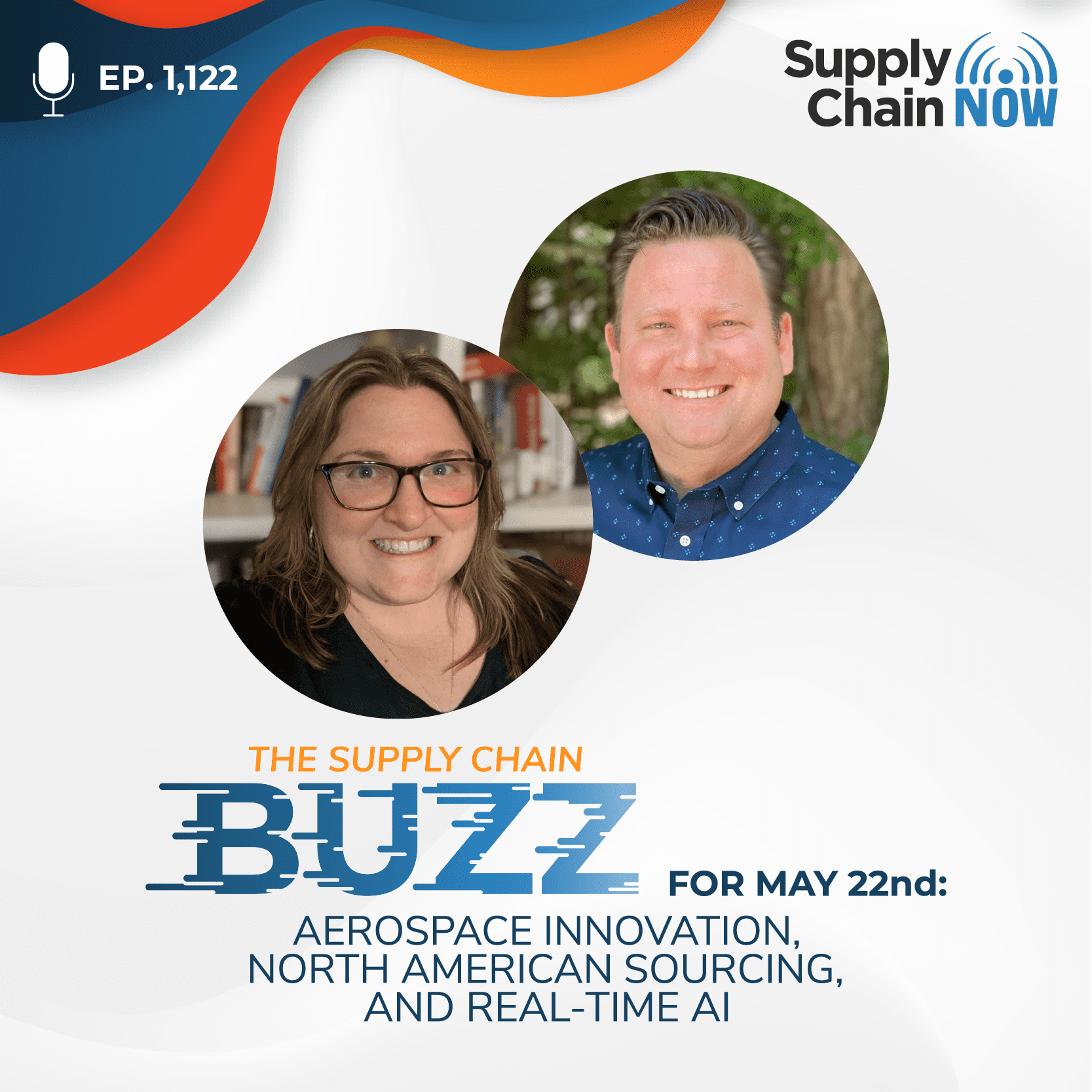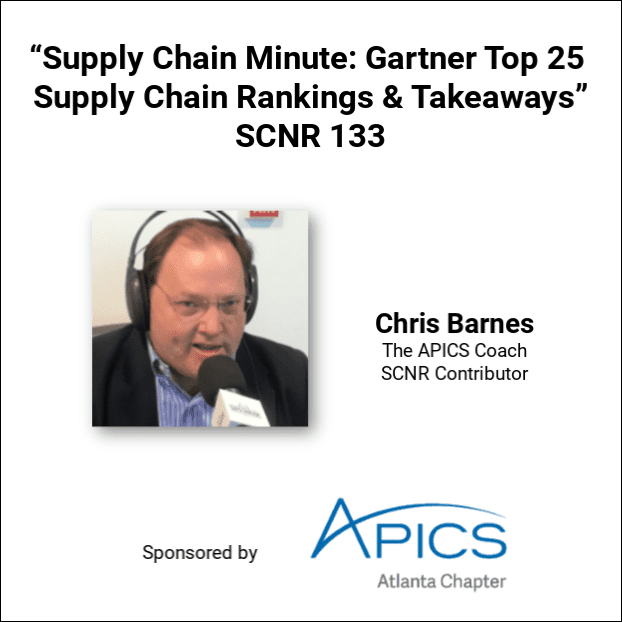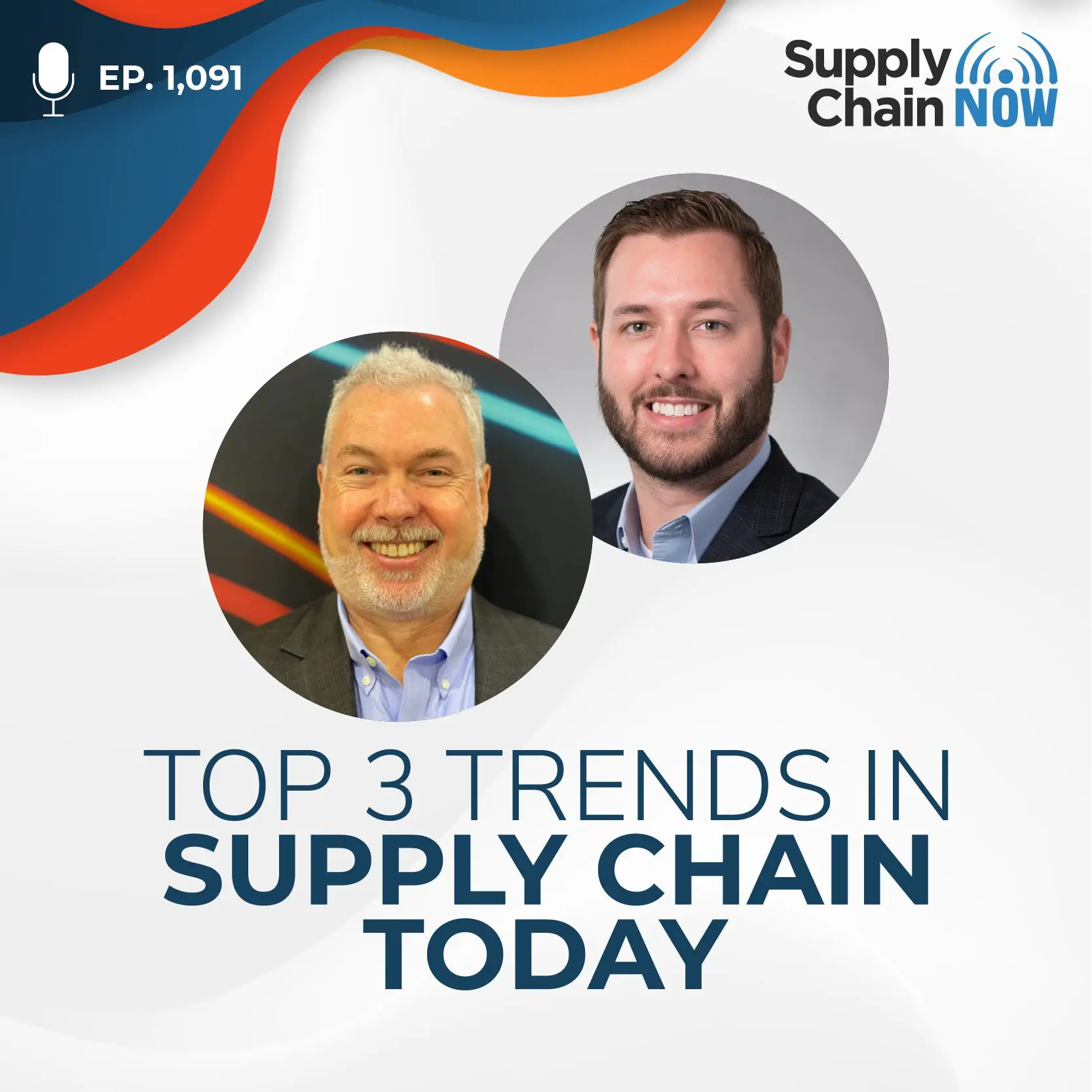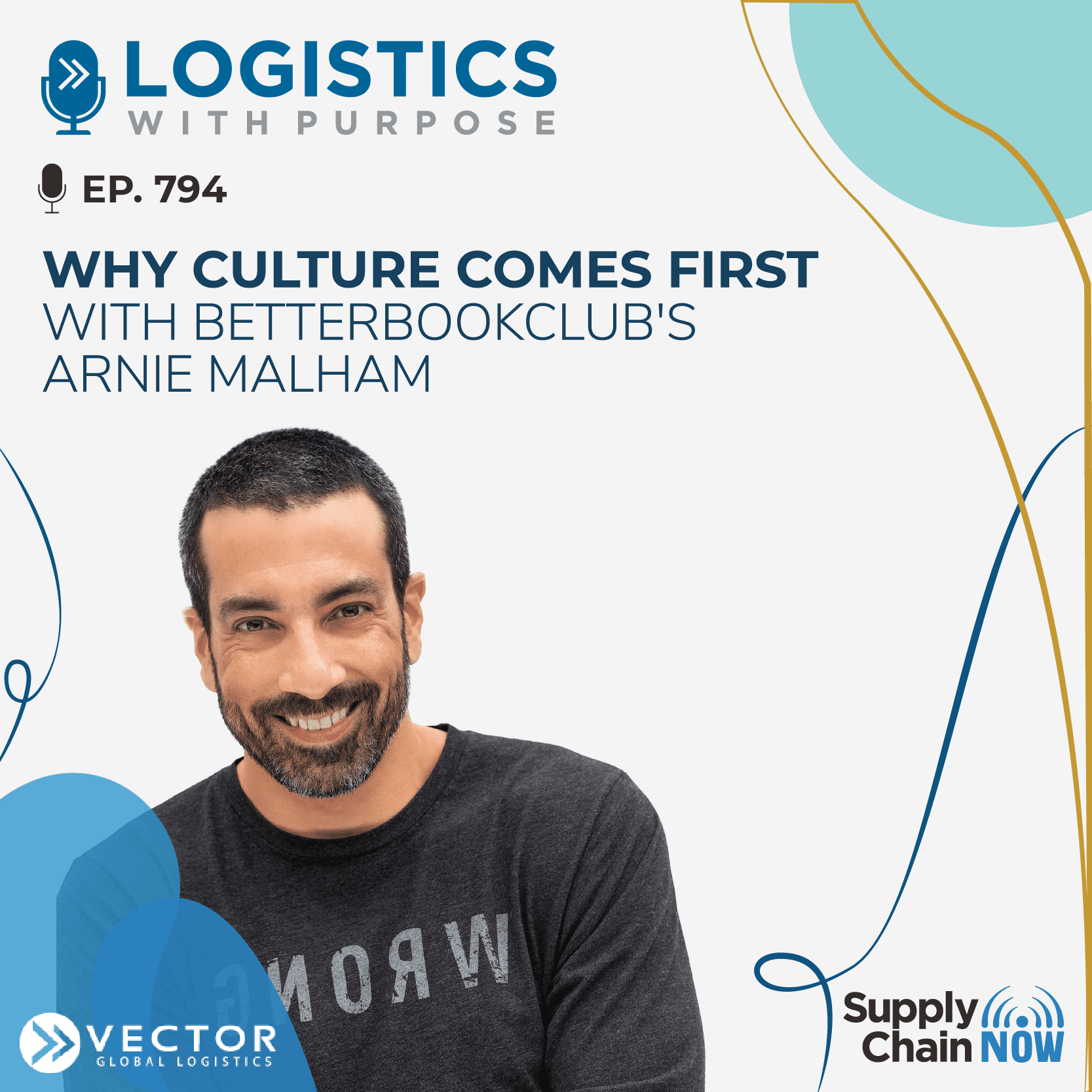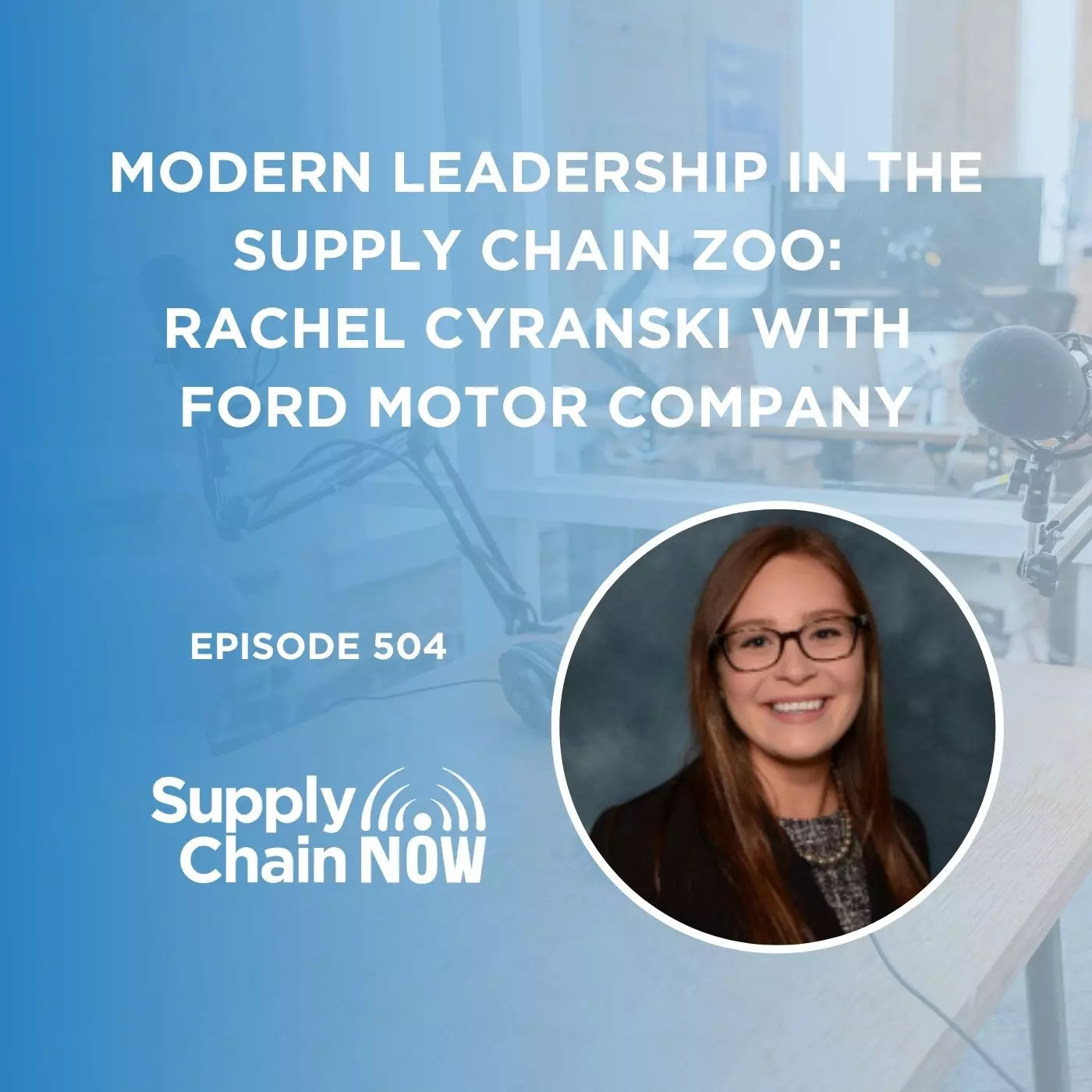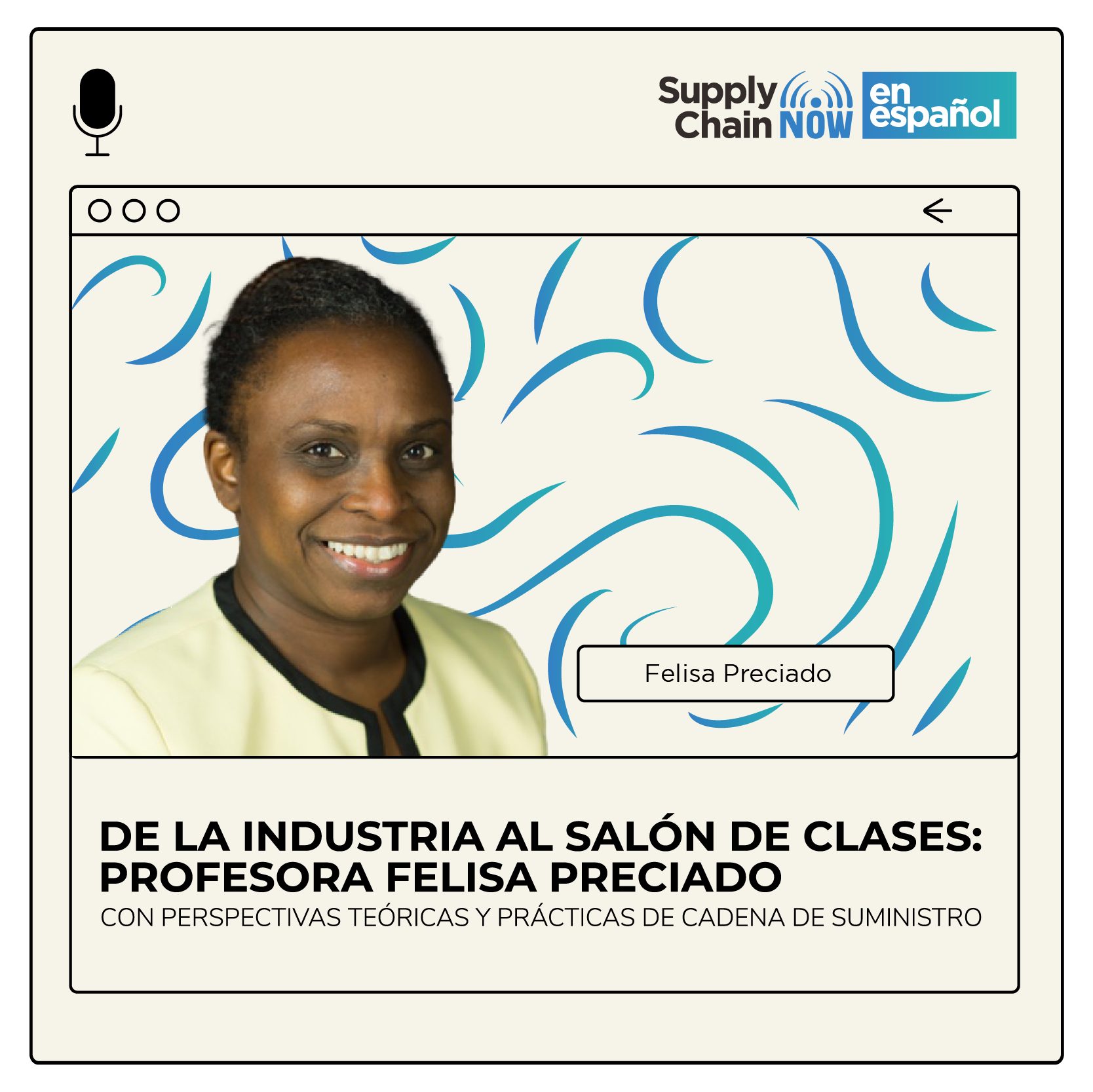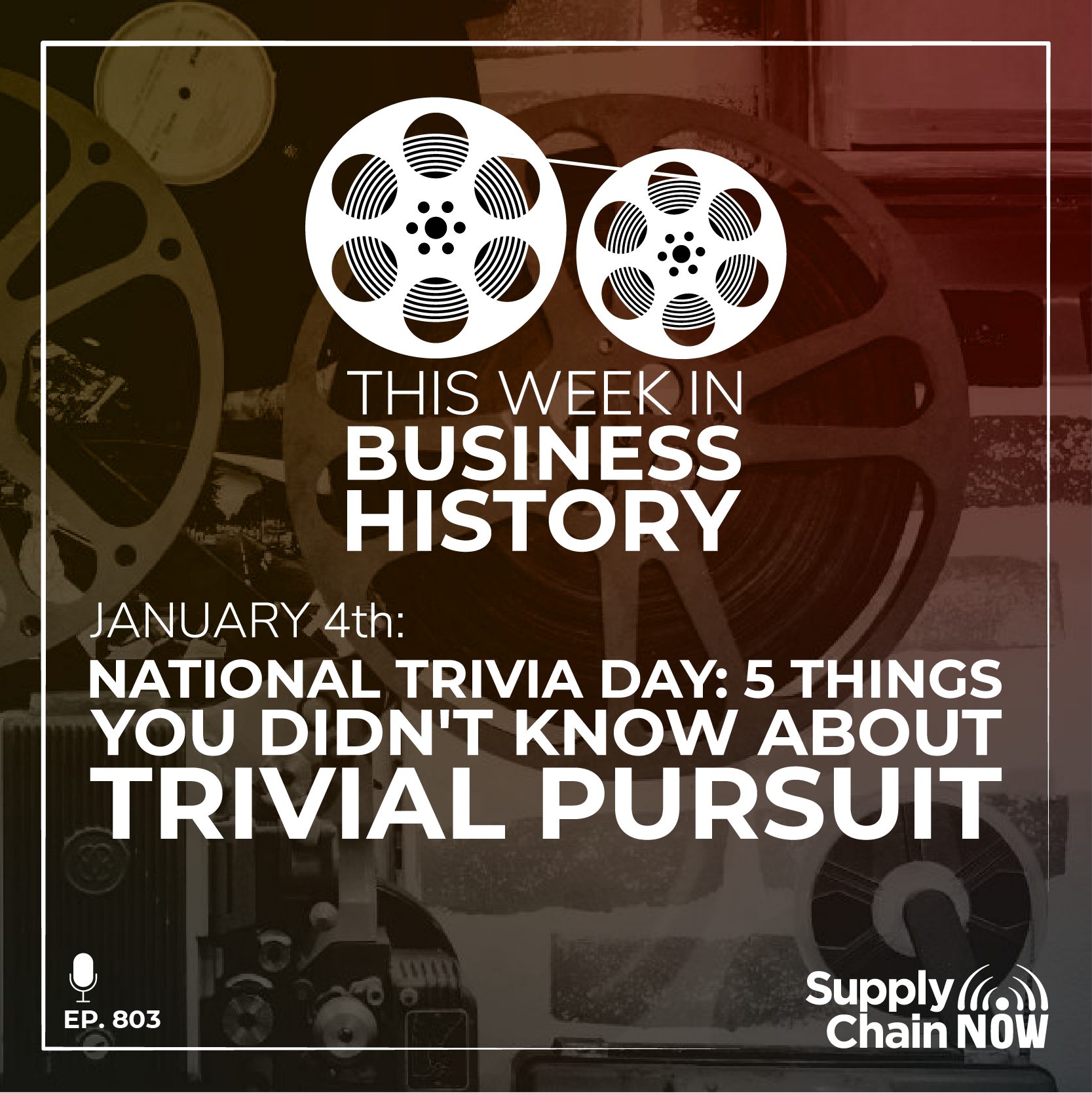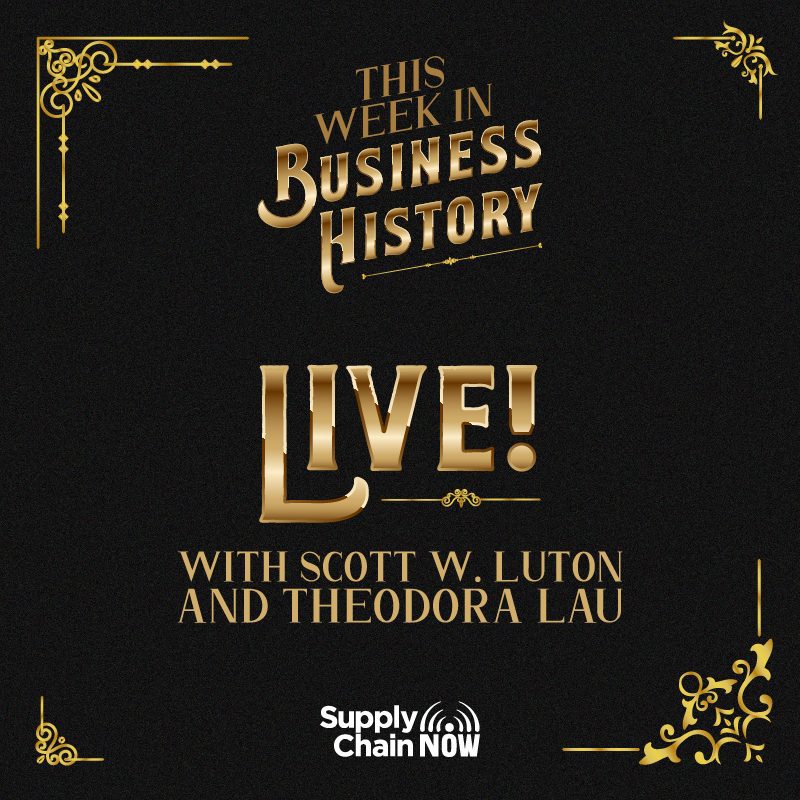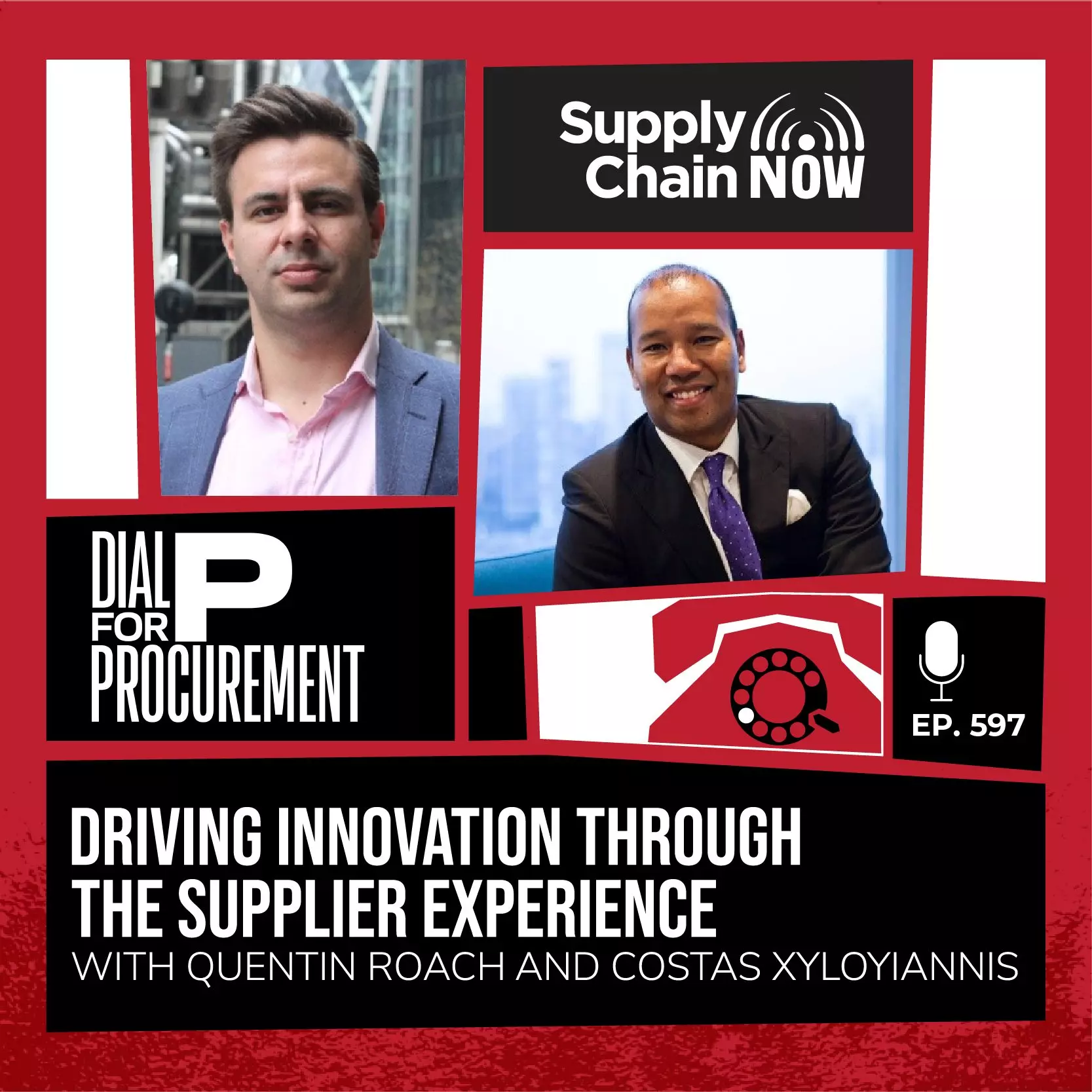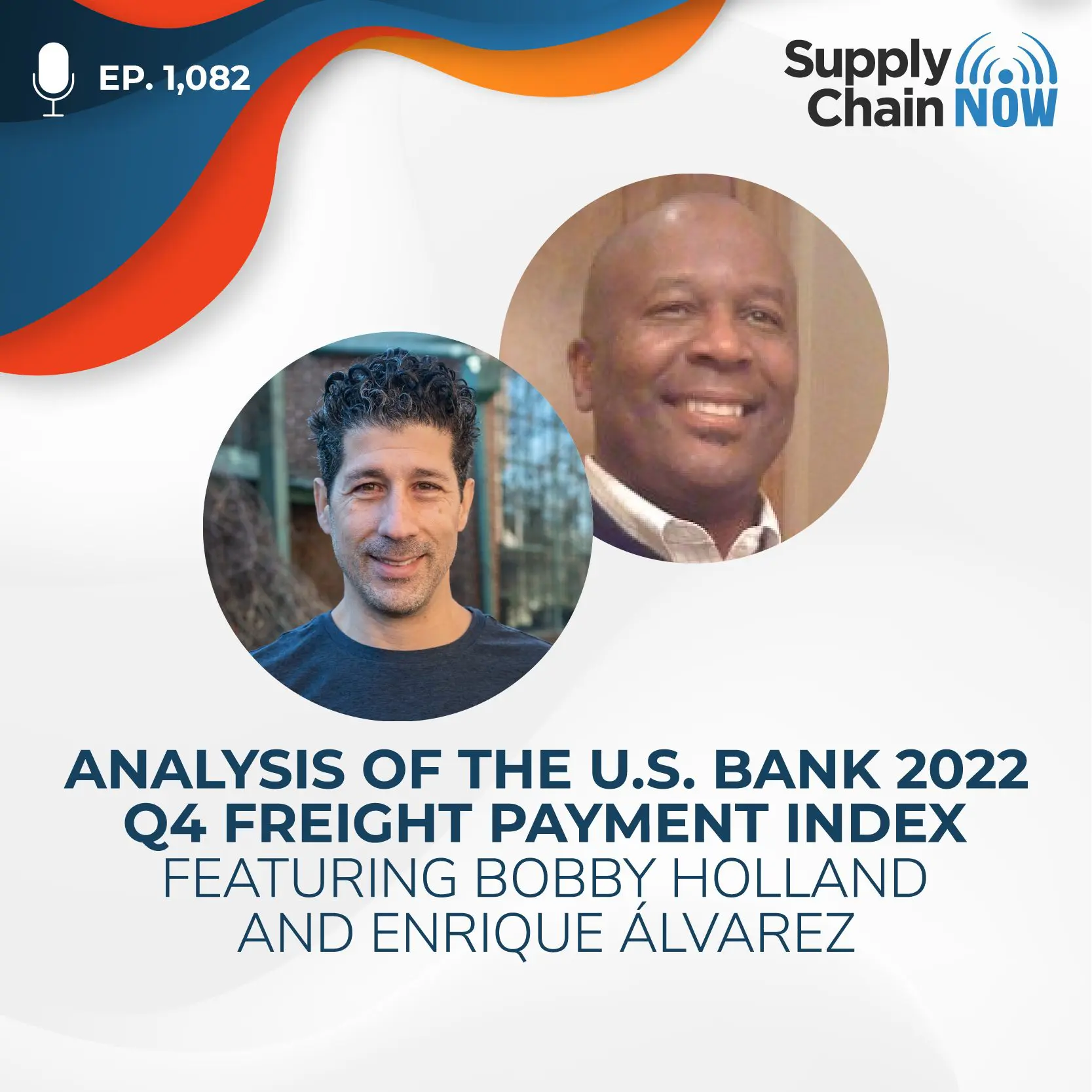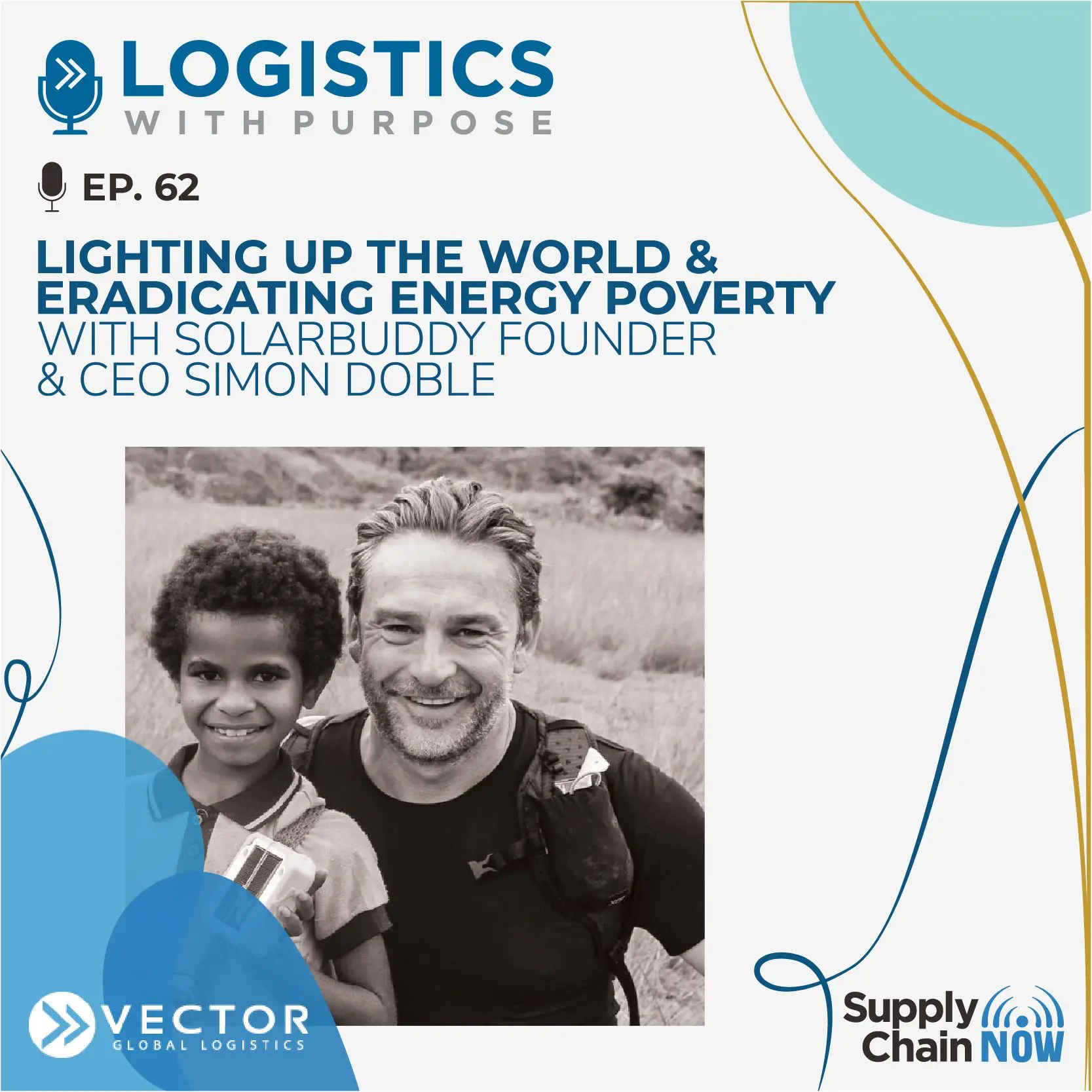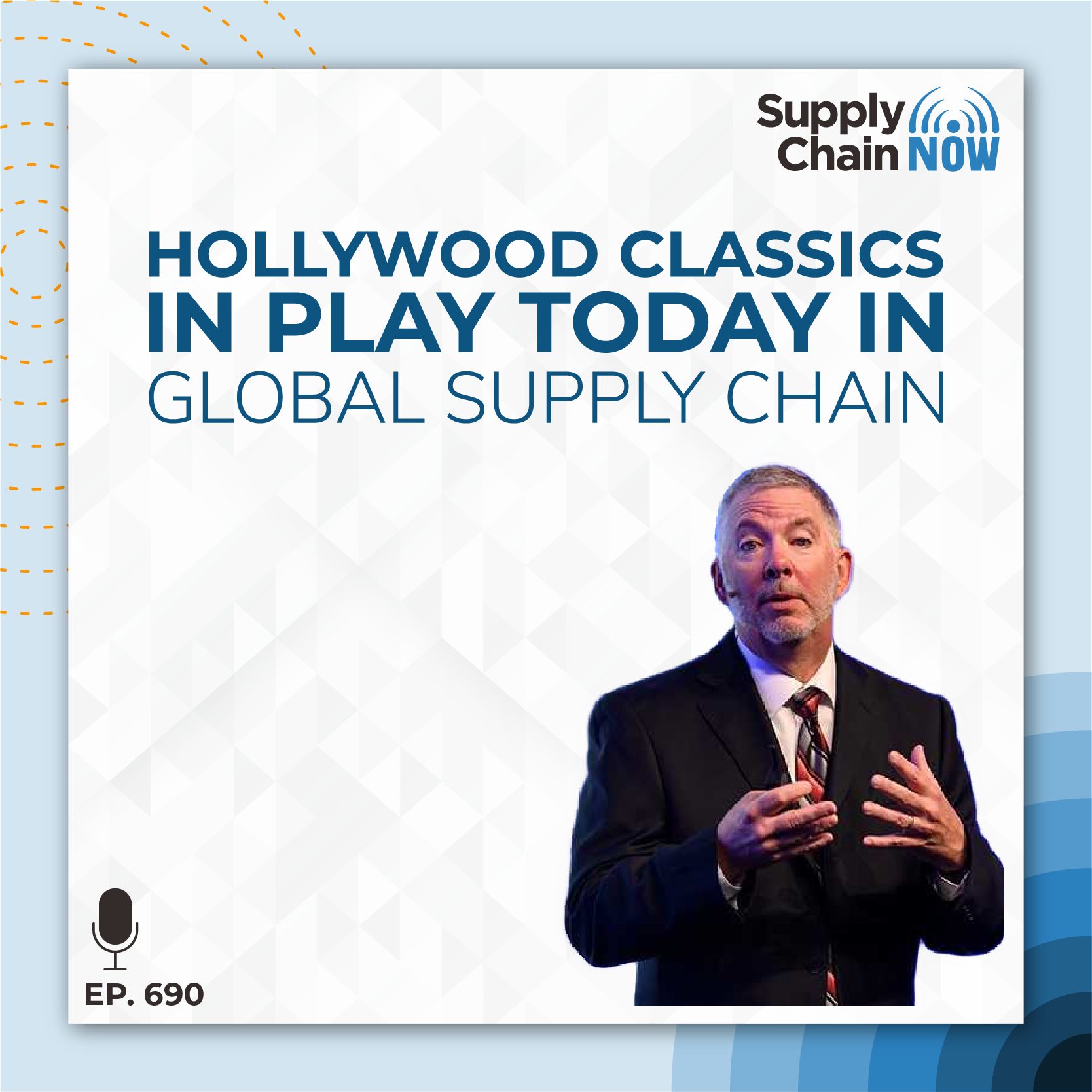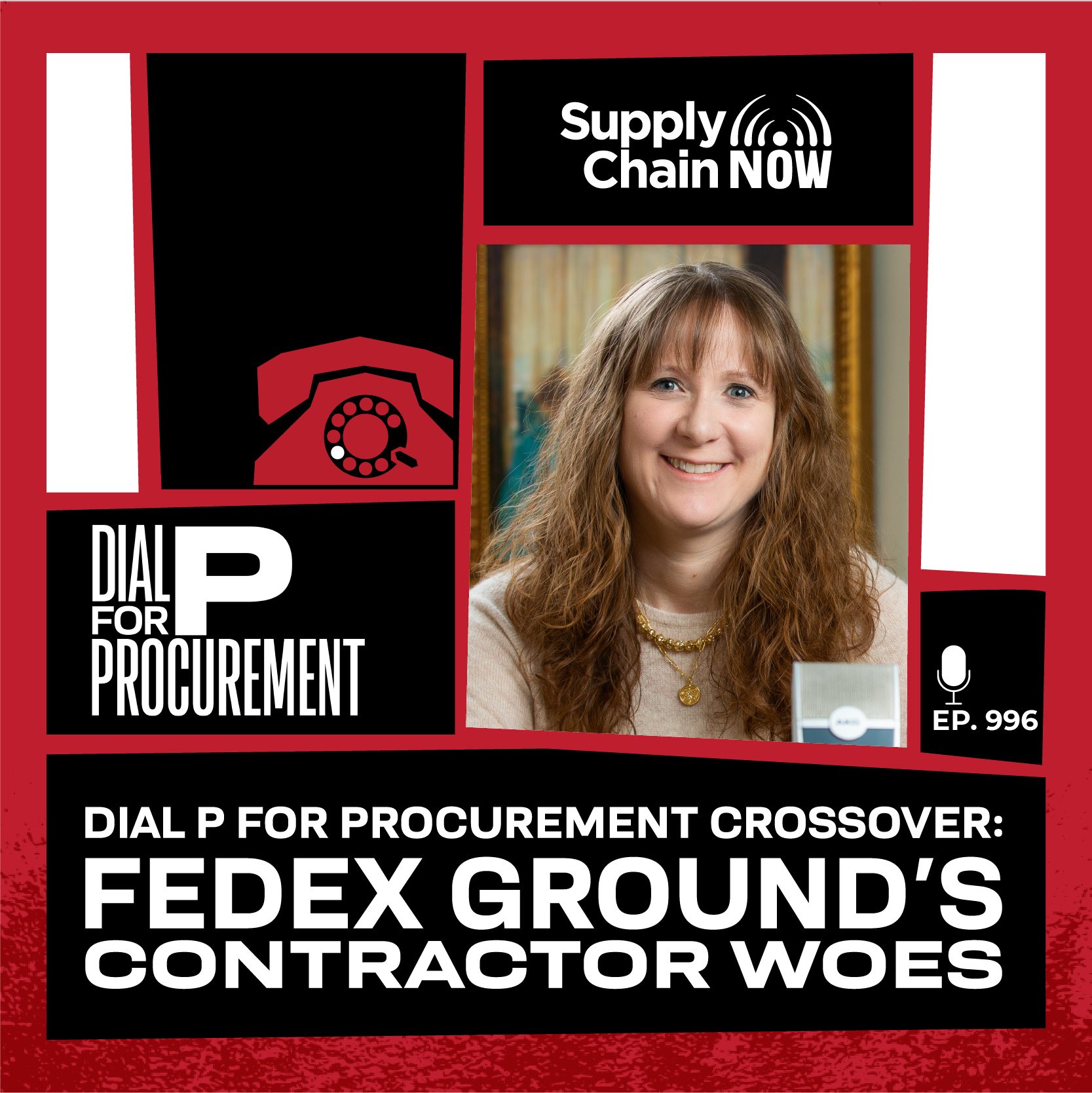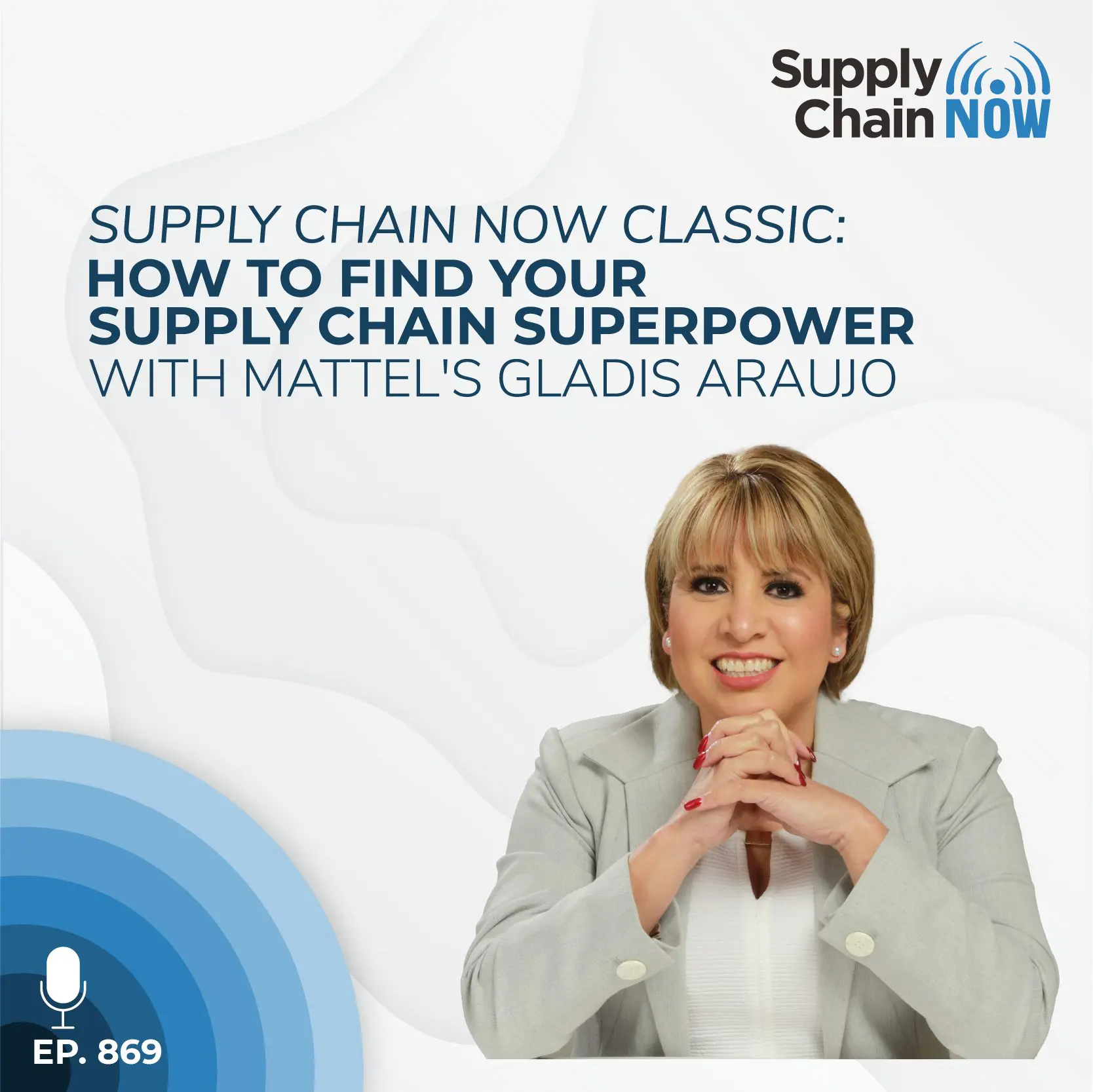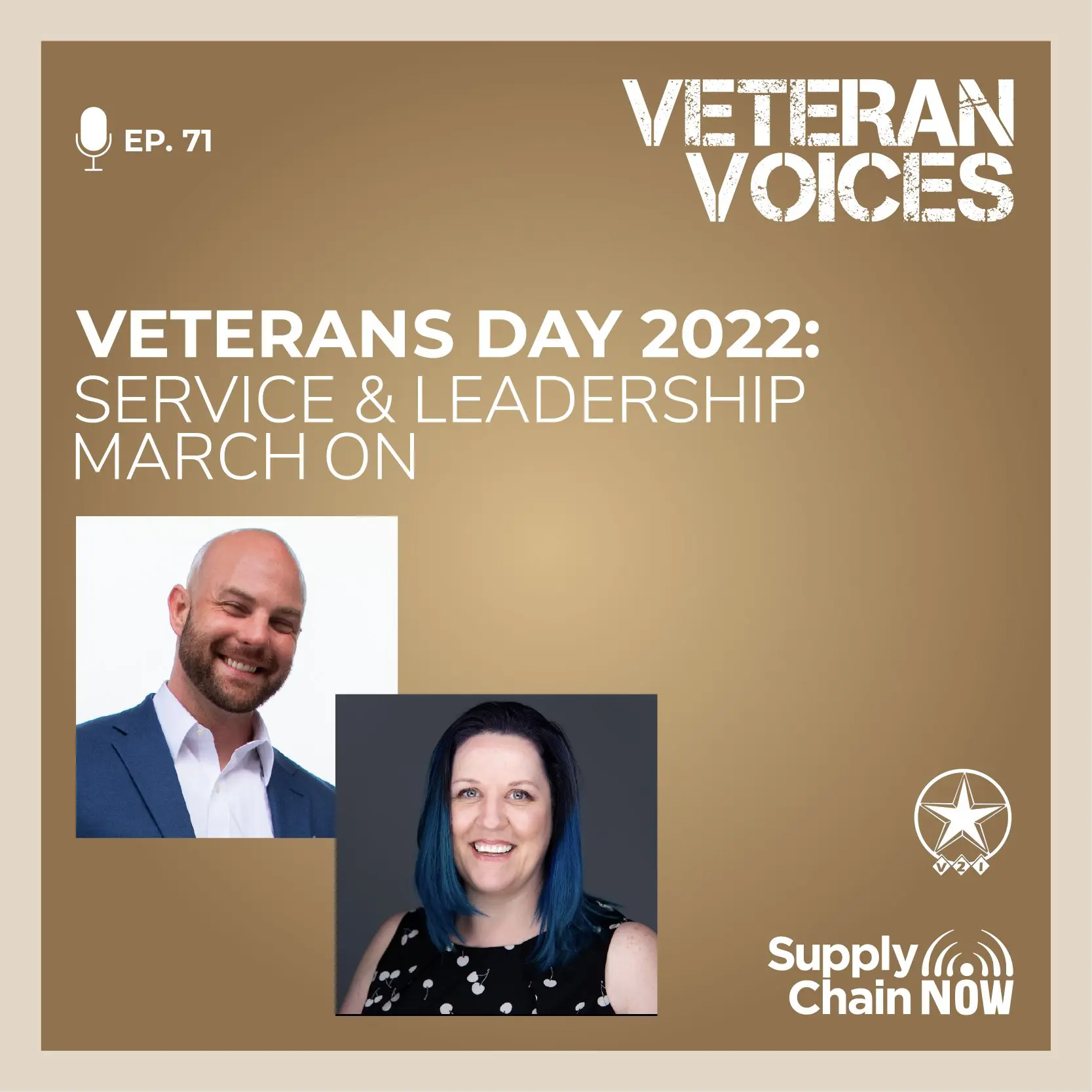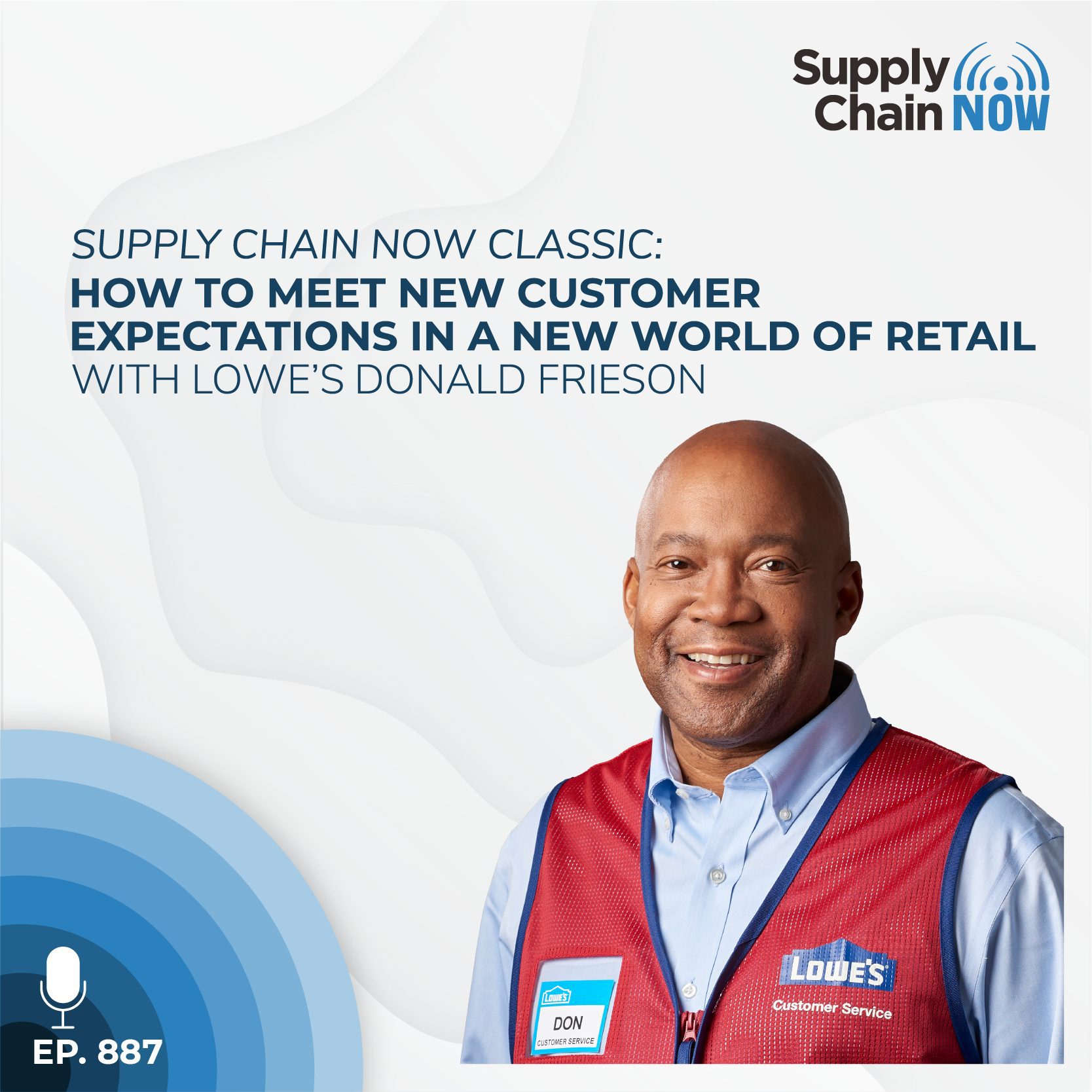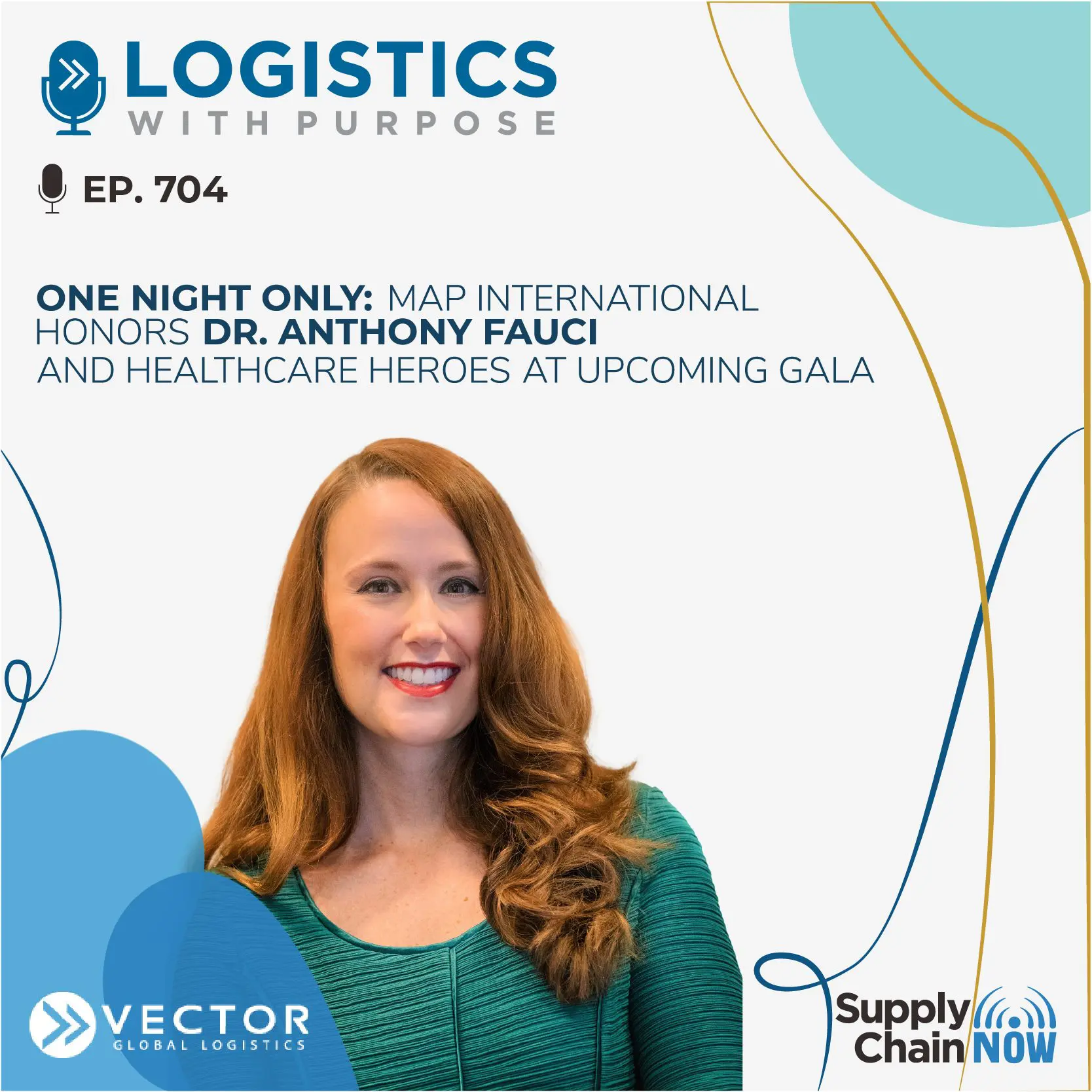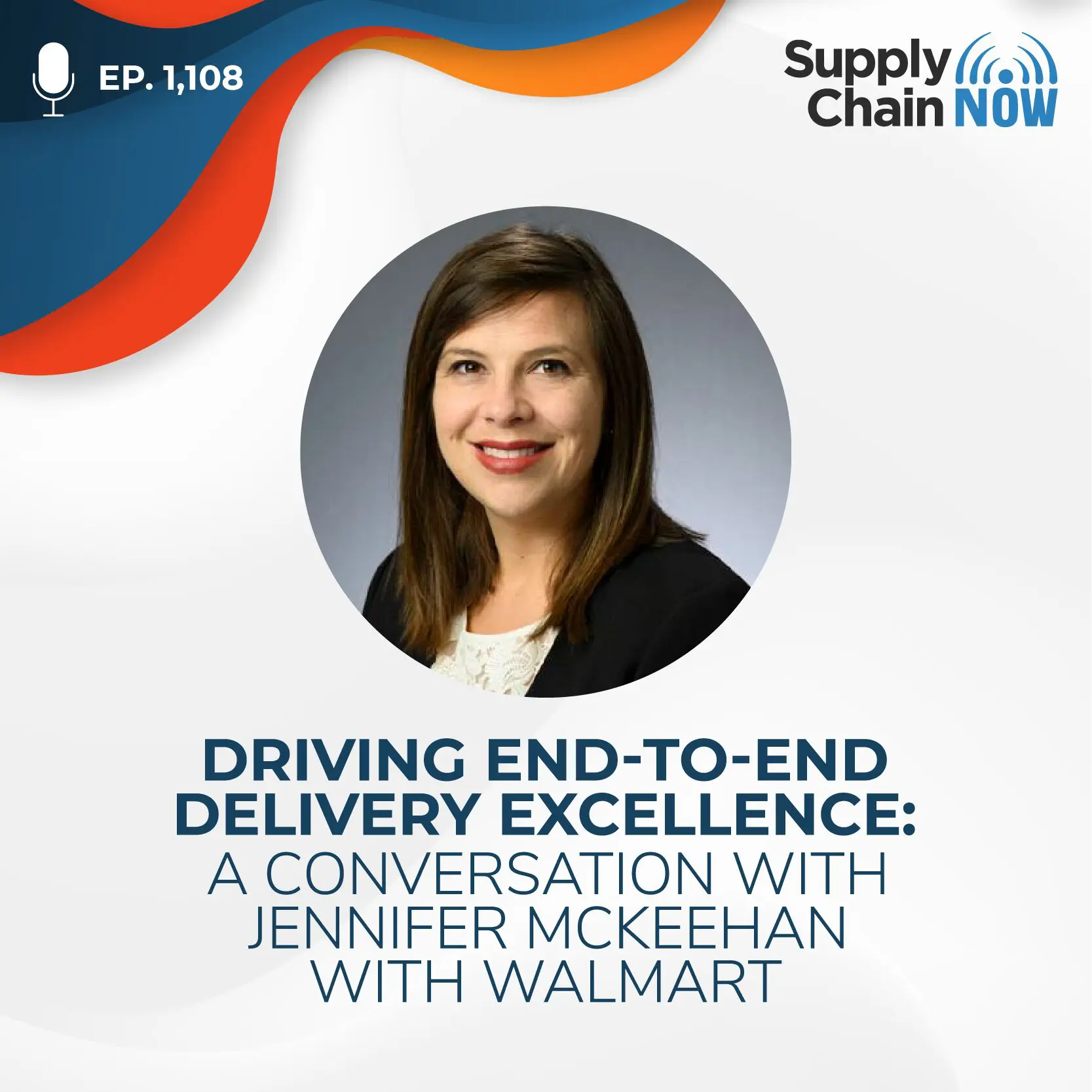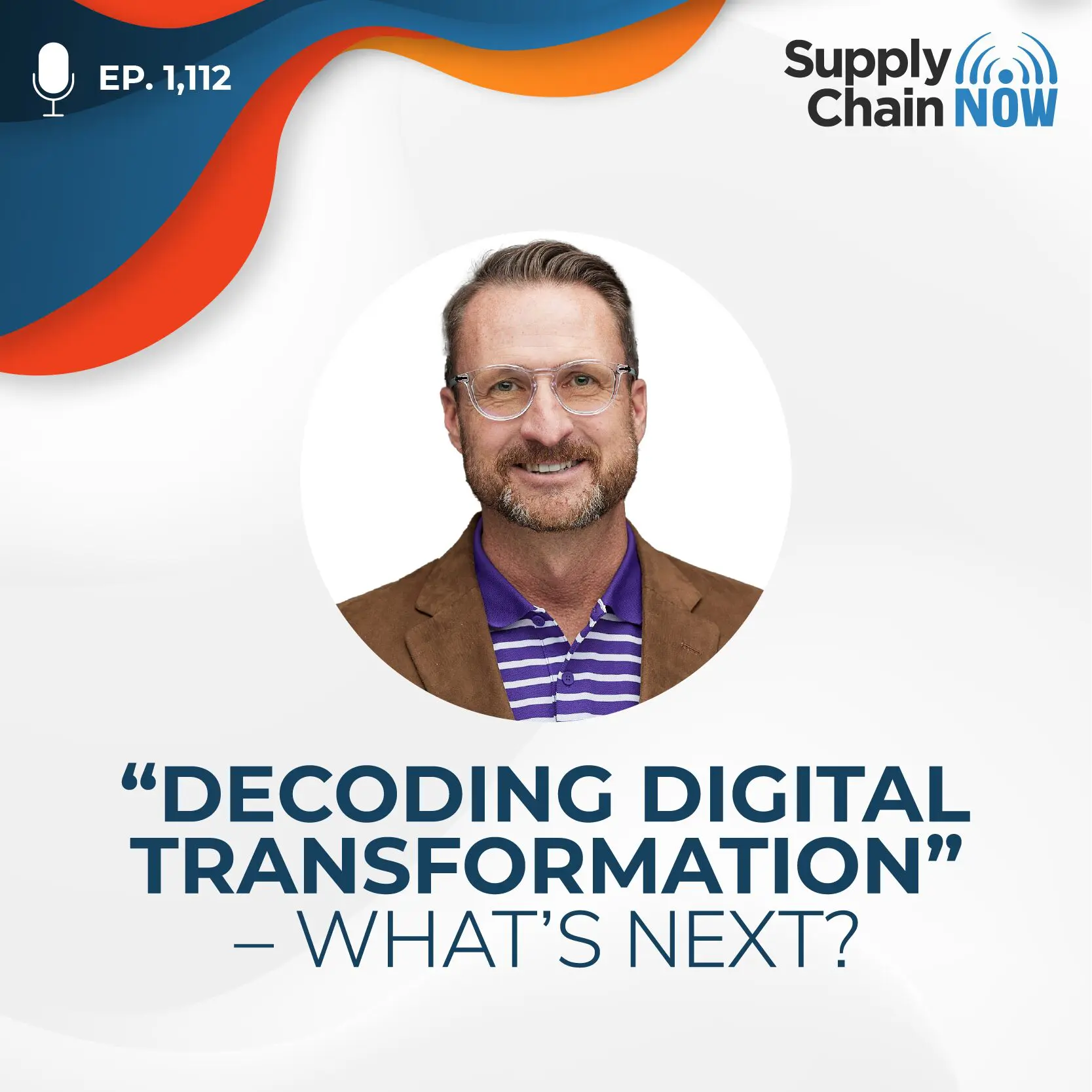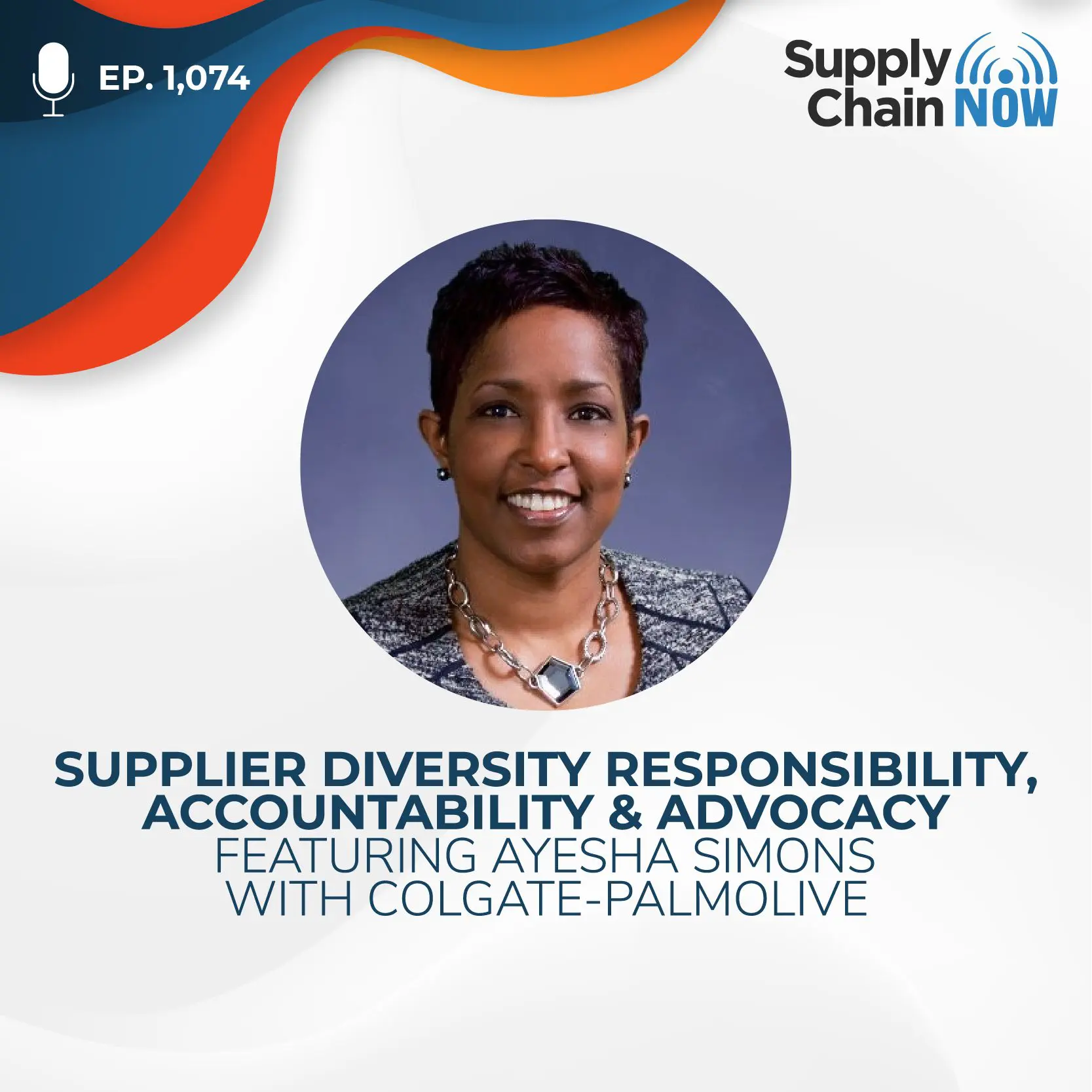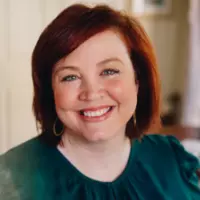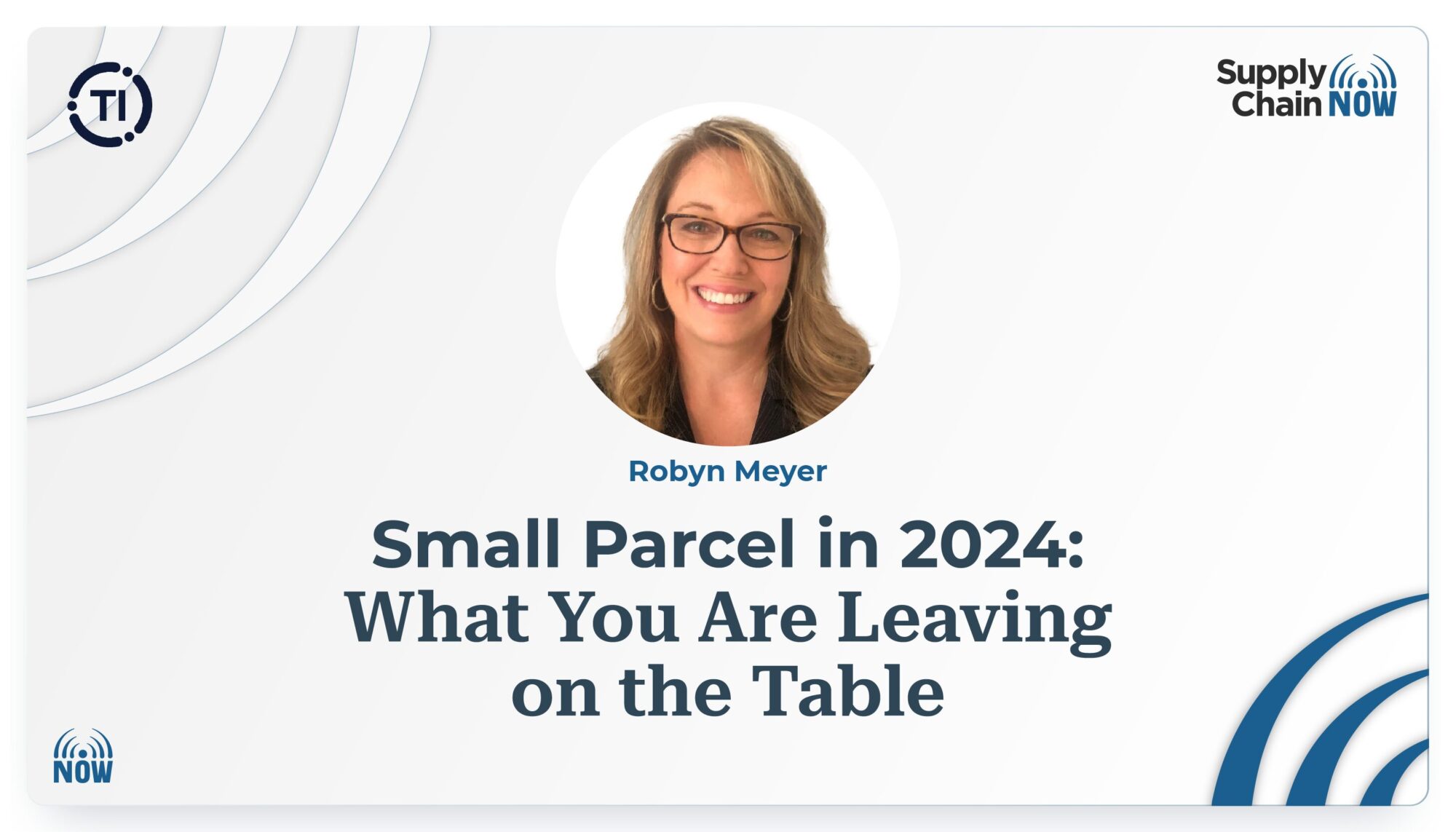
When you're looking at budgeting for the next two, three, four years, know that the parcel market right now is ripe. So go for it hard right now. Plan for volumes to stay pretty steady.
-Robyn Meyer
Episode Summary
“When you’re looking at budgeting for the next two, three, four years, know that the parcel market right now is ripe. So go for it hard right now. Plan for volumes to stay pretty steady.”
In this episode of Supply Chain Now, we’re joined by Robin Meyer, Senior Vice President of Parcel Strategy and Solutions at Transportation Insight.
Sharing a captivating reel of anecdotes and a truckload of insightful advice, Robin, along with hosts Scott Luton and Mary Kate Love, offers several key parcel market forecasts, signposting a clear message: In what has become a shippers’ market, the opportunities for large and small players alike are immense.
Discussions include a focus on the priorities of industry leaders, from the need to cut costs to mitigating risks and meeting heightening consumer expectations. Later, conversations then turn to the hangover from the pandemic and importance for shippers to diversify and take advantage of favorable market conditions.
From considering how to find the right partner for your business as it grows and changes to the importance of understanding key operational data, listeners can expect a true masterclass from one of the industry’s brightest talents.
Listen to the full episode for a complete rundown on what’s needed to capitalize on current and future opportunities, with Robin offering advice on:
· The importance of embracing technology
· Becoming more adaptive and responsive in a fast-moving market
· The need to analyze carrier contracts
· Exploring market share opportunities
· Evaluating your distribution model and network
Episode Transcript
Intro/Outro (00:03):
Welcome to Supply Chain Now, the voice of global supply chain. Supply Chain Now focuses on the best in the business for our worldwide audience, the people, the technologies, the best practices, and today’s critical issues, the challenges and opportunities. Stay tuned to hear from those making global business happen right here on Supply Chain Now.
Scott Luton (00:32):
Hey, hey. Good morning, good afternoon, good evening, wherever you may be. Scott Luton and Mary Kate Love with you here on Supply Chain Now. Welcome to today’s live stream. Mary Kate, how you doing today?
Mary Kate Love (00:42):
Doing great. Doing great. This one is going to be a fun one for sure.
Scott Luton (00:46):
Oh, it is. It is. So, folks, just like Mary Kate said, great show teed up here today. So, there’s a world of opportunity out in the parcel shipping universe. And today we’re featuring an incredible expert that’s going to fill us all in. We’re going to have a lot of fun too.
Scott Luton (01:01):
Hey, what’s going on with changes at UPS and FedEx? How are shippers approaching freight auditing these days? Hey, what do I need to know for my next rate negotiation? Stay tuned for all of that and more.
Scott Luton (01:12):
And Mary Kate, one more question. How would you like to learn from a team that manages $11.2 billion in partial spend? Goodness gracious. Well, you’re in for a treat because that’s the opportunity we have here today. Mary Kate, it should be a great show, huh?
Mary Kate Love (01:26):
Yes, this is an industry too that, you know, in doing my research to prepare for this show, I learned so much. So, I know our listeners are going to leave with a lot of knowledge and maybe debunk some of the assumptions they had about this industry, because I know for me at least, that’s what happened when I was preparing.
Scott Luton (01:44):
Yes, Mary Kate. I got to tell you, I’ve done a whole bunch more LTL shipping than parcel shipping. So, I look forward to learning a ton from our expert here today. All right. If you enjoy today’s show, and I bet you will because I’ll tell you Mary Kate and our guest, quite the one-two punch. Be sure to share it with a friend or your network. They’ll be glad you did. All right. Mary Kate, you ready to get to work?
Mary Kate Love (02:03):
Yes, let’s do it.
Scott Luton (02:04):
Want to welcome in our featured guest today, Robyn Meyer, the one and only Robyn Meyer, Senior Vice President of Parcel Strategy and Solutions at Transportation Insight.
Scott Luton (02:15):
Hey. Hey Robyn. How you doing?
Mary Kate Love (02:16):
I’m good. How are you?
Scott Luton (02:18):
Wonderful. Great to have you. I’ll tell you, Mary Kate and the whole team had a great time with you pre-show, our previous conversations. I’ll tell you, we have got quite the dynamo here today. Are you ready to go plugged in, fully caffeinated?
Mary Kate Love (02:31):
I’m ready, because I think fully caffeinated may be a little scary for everybody.
Scott Luton (02:37):
OK, good. Thank you.
Mary Kate Love (02:38):
But I’m going to —
Scott Luton (02:40):
Thank you for that consideration. But Mary Kate and Robyn, before we get into true truckload of insights from Robyn on the world of parcel shipping, let’s have a little fun first. So folks, it’s National Hug Your Dog Day. So, if you’re big dog people, like at least our family is give them a hug every hour. National Siblings Day, it’s Encouraged a Young Writer Day, and Global Work from Home Day which has taken on a whole new meaning these last few years.
Scott Luton (03:05):
But my question for you, Robyn — our question for you, Robyn, centers on your love for the Ohio State University Buckeyes. So, with that in mind here on the heels of March Madness, one of the best times in all the college sports, let’s talk about your best Buckeyes experience in recent memory.
Robyn Meyer (03:23):
Oh, wow. OK. So, I go back and visit a lot for the football games. I watch a lot of football. So, I’d say the best experience was when I watched Ohio State beat Oregon for the National Championship, of course.
Scott Luton (03:36):
wow.
Robyn Meyer (03:37):
Worst experience was two years ago when I had to spend New Year’s Eve with my husband. He’s a huge Georgia fan watching Ohio State lose at the last second of the game. It was New Year’s Eve, so not a great way for us to spend that time together. He was in the basement and I was upstairs and we didn’t speak until four o’clock on New Year’s Day. But it’s all good. It’s all good. So, I live in SEC Land, you know, so I have to listen to SEC Football all the time.
Mary Kate Love (04:03):
Yes.
Scott Luton (04:03):
All right. Mary Kate, really quick we were talking, so those experiences Robyn just shared are going to be tough to top. But when it comes to the Chicago White Sox, because I know you’re passionate South Side fan there in Chicago, or your collegiate experience, what’s one of your favorite sports experiences?
Mary Kate Love (04:19):
This one’s so easy for me because it’s not happened since it happened, and I don’t think it will ever happen again in my lifetime. So, in 2005, the Chicago White Sox, when they won the World Series, I was in high school. We were absolutely glued to our TVs. We were so excited the whole entire series. If you remember, they went on a run in pro-season and they were just killing it every game. So, that by far, my family is a very big Sox fan. So, nothing will ever top that and, you know, maybe it will happen again in my lifetime but —
Scott Luton (04:52):
It will.
Mary Kate Love (04:52):
— at least I have 2005.
Scott Luton (04:53):
It will.
Robyn Meyer (04:53):
So, Scott, I feel really old now. Did you hear her say high school?
Scott Luton (04:59):
I did. I did, Robyn. Me and you both. Oh, man. Well, hey, kidding aside there, Mary Kate, Frank Thomas and Jack McDowell and Lance center fielder, I can’t remember his last name right now. I loved those White Sox teams back in the day.
Scott Luton (05:12):
All right. To be fair, as we close out this chapter and get to work here, there’s a bunch of Michigan fans here as well —
Robyn Meyer (05:18):
Really?
Scott Luton (05:18):
— Robyn. We’ll save all that for later. But, OK, so Mary Kate and Robyn, we got a lot of good stuff to get into here today. So, I want to start with this though because we’re big believers, Robyn, in setting the stage, good context so we can, kind of, perceive your expertise, you know — kind of the — from the right angle. So, Robyn, to that end, tell us a little about yourself and what Transportation Insight does.
Robyn Meyer (05:39):
Sure. So, Transportation Insight is a leading logistics provider for really technology and expertise across all modes. So, one of the biggest differentiators for us is that as we looked at evolving from our start in LTL in 1999, what our founder did was instead of trying to build technologies and instances to help shippers based on demand, he went out to the market and he acquired companies and leaders in the space in each of those areas.
Robyn Meyer (06:07):
And I became part of Transportation Insight in 2015 when they acquired an organization called Bird Dog Logistics, which was a parcel centric provider. We did parcel audit, business intelligence, and contract optimization for clients. And so, I became a part then.
Robyn Meyer (06:23):
So, I’ve been a part of this space since prior to that. It’s been a really volatile time, especially with COVID and such. And my role has morphed through the years at Transportation Insight, where now I’m responsible for really leading the parcel strategy, which includes the audit teams, the consulting teams, and partnerships with our technology group as well. And then I also have a team of solutions engineers that are involved in all opportunities and helping build out advance our client needs and solve problems.
Scott Luton (06:52):
Man. OK. Mary Kate, well, this won’t hurt you at all because you’re a White Sox fan. But, man, when Transportation Insight landed Robyn and throughout that growth spurt, they’re talking about, it’s kind of like the Atlanta Braves getting — signing Greg Maddox which led him to the World Series, Mary Kate. What did you think of Robyn’s background there?
Mary Kate Love (07:08):
Yes, this is — like I said, this is kind of a new-ish industry for me. So, when we’re talking about all these things and how it all fits together, and I’m excited to talk about the industry as a whole too. It’s really exciting to me.
Scott Luton (07:21):
Me too.
Mary Kate Love (07:21):
And a lot that you’re overseeing over there for sure, too.
Robyn Meyer (07:25):
Well, I’ve got some great teams.
Scott Luton (07:27):
Yes, no doubt. We’ve met several of them. And Robyn, are you going to be able to also show us how to, beyond all the supply chain expertise, throw a curve ball right there on the black outside corner for a strike three?
Robyn Meyer (07:38):
No.
Mary Kate Love (07:40):
No.
Scott Luton (07:42):
All right. All right. Fair enough.
Robyn Meyer (07:43):
I probably do as good throwing the ball as Jason Kelce did when they first let him do it. I think that was a running joke, right? That it —
Mary Kate Love (07:50):
Yes.
Robyn Meyer (07:51):
So, that would be me.
Scott Luton (07:52):
Yes, Jason Kelce is having a lot of fun here lately. But hey — OK. Robyn and Mary Kate, we’ve got a ton of stuff to get to here today. I want to start with when you’re out there looking at, you know, you work with all the movers and shakers. You got your finger on the pulse of what’s going on. When it comes to that global supply chain landscape out there, what are business leaders prioritizing right now, Robyn?
Robyn Meyer (08:12):
Yes. So, from a total supply chain perspective, you’re still seeing the need to cut costs and mitigate risk, right? That’s huge. Understanding that client expectation and service level expectations are still high, right? You’ve got the whole Amazon effect that has slowed a bit, but still, you know, consumers want to see their packages very quickly, right? Whether it be parcel or LTL, et cetera. The market is having a bit of a delay, right, in certain areas.
Robyn Meyer (08:42):
And so, there are a lot of industry leaders that are looking at, you know, how do I look at my transportation and supply chain holistically and really drive costs down, improve operations, and improve client service at the same time? So, there’s a lot to be said across all modes. And obviously, you know, the incidences of late with the Baltimore ports and things of that nature haven’t led us to be a really calm environment. And so it’s a challenge across really all modes, whether it’s parcel, LTL, truckload, dredge, et cetera.
Scott Luton (09:14):
Yes. And Mary Kate, Robyn’s, kind of, describing the holy trifecta, right? Improving operations, adding to the bottom line, looking for those cost efficiencies while maintaining, if not increasing, service levels to our customers. Your thoughts, Mary Kate?
Mary Kate Love (09:28):
Yes, you know, as Robyn was talking, I was thinking about how important this specific piece of supply chain is when it comes to customer experience and customer satisfaction, right? And so, I am not surprised that business leaders are looking at this more and more closely because it directly relates to the experience your customer is going to have.
Scott Luton (09:48):
Yes, well said. Well said. OK. Robyn, let’s see here. So now that we’ve kind of broadly, you know, you kind of shared some priorities there, what business leaders are trying to do, let’s dial it in more on some of the biggest parcel trends that you’re seeing here in 2024. What comes in mind, Robyn?
Robyn Meyer (10:04):
So, parcel has always been a volatile market, right? It’s challenging for shippers to really keep their finger on the pulse with parcel and has been for years, even prior to the pandemic and everything that occurred there. 2023 and 2024 parcel is no exception, right? The demand has been muted. There’s been less volume going into the carriers, but diversification has become a huge area of opportunity for shippers.
Robyn Meyer (10:33):
You know, when the pandemic hit, and I know everybody’s tired of hearing about the pandemic, but when the pandemic hit, there was a lot of money thrown into these alternative carriers from a technology perspective, a capability perspective. There were mergers and acquisitions that occurred, and it’s really put up the competitive side of the market for who we always knew as the leaders in that space, which where UPS and FedEx, right? DHL came to play. And then USPS through its new, you know, group has been very focused on how do we become more competitive.
Robyn Meyer (11:07):
But when you look at regionals in the market, there are about 130 of them out there. Now, obviously you can’t use 130 different regionals if you’re in, you know, the space of shipping, but it gives you competitiveness.
Robyn Meyer (11:20):
And so, the demands muted, which means the market is a shipper’s market now, right? It is definitely a shipper’s market. There’s increased competition. There’s shifting dynamics. And UPS and FedEx are facing challenges from emerging players like Amazon, but also the regionals, the USPS aiming its demand on market share. And then, you know, even with ground advantage being the new service offering that Tom Joy just came out and did, it’s a great service.
Robyn Meyer (11:49):
And so, they’re feeling the pain on that for sure. And you’ve heard it as you’ve listened. If you’re listening to, you know, their earnings calls, their news releases, we’re seeing that. So, the trend in parcel — to answer your original question, the trends in parcel are really focused on let’s take advantage as a shipper of this market today and let’s figure out how to minimize our cost, right? Improve our service, and also take advantage of some of these new offerings and these new providers that are out there today.
Scott Luton (12:20):
Tons and tons of opportunity, Mary Kate. And by the way, folks, we’re going to make sure we get folks connected to Robyn towards the end. But I love, Robyn, how you sit in on those earnings calls and then give your analysis, that is golden stuff. Must see supply chain stuff.
Scott Luton (12:35):
All right. So, Mary Kate, as she was describing the parcel market out there. Of course, diversification, the rise of the regionals, it’s a shipper’s market and a whole bunch more good stuff. What stood out to you, Mary Kate?
Mary Kate Love (12:46):
I think that I wasn’t aware that we had shifted to a shipper’s market. I think, you know, we’ve all — like you said, Robyn, I know we’re sick of talking about COVID, but I think we’ve all been focused on the volatility and the volume. Volume that now this shift to the shipper’s market affords the opportunity to think about and test out new strategy with this diversification and these regional carriers that come up. I think there’s a lot of ways to approach this, kind of, shift in the market, as you say.
Scott Luton (13:14):
Yes, excellent point. Excellent point. All right. So, Robyn — hey, really quick before I move forward. With all this diversification going on, if there was one piece of advice you would offer a shipper out there that might be having new conversations with a new shipper, anything immediately comes to mind that you would advise them to kick the tires on or ensure something is there before they proceed?
Robyn Meyer (13:35):
If you’re looking at creating a new partnership with a carrier, it’s really going to be carrier centric. There’s been a lot of change in the market. If you’re focused on the USPS, for instance, Louis DeJoy has done a great job in bringing more technology. Looking at opportunities. He spoke at Parcel Forum, I think it was two years ago, right?
Scott Luton (13:54):
Right, right.
Robyn Meyer (13:55):
Maybe a year ago, and talked about what he was doing to bring in, you know, the postal service into the new decade, right? He’s done a great job there. UPS and FedEx are offering new services. So, I think it’s really important as a shipper to understand, you know, what’s my strategy moving forward long-term, right? Most of the shipper contracts that are in place today were either negotiated right before the pandemic or right during the pandemic, right?
Robyn Meyer (14:22):
And so, you’ve got — there’s — they’re typically three-year agreements, right? So, you’re coming up on that time where they were negotiated 2021 timeframe when the carriers really had the upper hand.
Scott Luton (14:35):
Yes
Robyn Meyer (14:35):
And so, as a shipper today, it’s really understanding how has my business changed since that point in time since ’21, right? What are my opportunities for improvement, right, strategically, cost-wise, customer service-wise? E-commerce has boomed, right?
Scott Luton (14:53):
Right.
Robyn Meyer (14:53):
And so, how have I morphed? And understanding that is really important. And then the other pieces are, too, is understanding if you’re meeting with a carrier, you know, what are my capabilities from a distribution perspective, a network perspective, those types of things. Because, you know, you can have shippers looking at, I’ve got a small portion of my business that’s e-comm where a large portion is commercial or vice versa. Make sure you understand what are the positives for each of these carriers in those areas, right? And so, knowing what they do best is really important to you as a shipper when you’re walking into those negotiations.
Scott Luton (15:32):
So, Robyn, we need to dedicate a whole series just to your last response there, really.
Scott Luton (15:37):
Mary Kate, what stood out to you? On my end, just where she started, where Robyn started, about how some many of these contracts and service agreements were either finalized and fully executed before the pandemic or during the pandemic, and of course, so much has changed since then. So, update and get back with your team and try to understand what our objectives are, what our strategies are, right? And then, kind of, revisit who we’re shipping with and what those service level agreements look like. What stood out to you, Mary Kate?
Mary Kate Love (16:03):
Yes, yes. That part was really interesting to think about. But also, this idea, I mean, we talk about this a lot, right? Like, finding the right partners for you as your business grows and changes. And like you said, Robyn, weighing out the pros and cons because there are more players in the market now, and it does make more sense to diversify in a lot of instances. So, thinking about that more critically and more holistically will probably lead to new partners.
Robyn Meyer (16:30):
A lot of times what shippers find is when they start looking at these alternative carriers, right? Everyone has built their processes and their systems around UPS and FedEx. But there’s a lot of opportunity out there that you can leverage if you have.
Robyn Meyer (16:46):
You know, you may not have a TMS that allows you to do that, right? But there’s options out there. So, don’t feel like you’re — and I guess the word is, married, right?
Scott Luton (16:55):
Yes.
Robyn Meyer (16:55):
But you’re married to one of these national providers because you may want to keep them, you know, for a portion of your business, right? But there’s also opportunities with what these regionals and these alternatives have come to the market with, whether it be DHL or the postal service or, you know, some of the regionals that are out there today, right? They’ve divested and they’ve acquired and they’ve moved pieces and parts to be the most functional at servicing your client, right?
Robyn Meyer (17:23):
And so, they’re not — I’m trying to think of the way to word this. They’re not trying to please everyone.
Scott Luton (17:29):
Right.
Robyn Meyer (17:30):
But they’re able to please you in a way as a shipper that may be extremely impactful to your business.
Mary Kate Love (17:36):
That makes sense, yes.
Robyn Meyer (17:37):
And if you look at, like, a regional carrier, let’s just say you have a facility in California, right? There are some really good regionals out there that can get packages delivered down the whole coast of California in two days, right? So, two to three days. So, it really depends on where my D.C. sits? What’s my volume? And then how do I leverage those? And there’s a lot of opportunities out there, you know.
Scott Luton (18:01):
- I’m trying to fast and furiously capture notes. Robyn is just dropping this stuff there. All right. Let me take a couple of quick comments. So, Robyn, in a second, I want to keep going. You shared a lot of great advice and a lot of it was centered on current and new opportunities. And I want to dive a little bit deeper in all the opportunities you’re seeing out there for companies that ship parcel beyond what you’ve shared.
Scott Luton (18:22):
So — but first, see Nadeem says, rightly said, it is a shipper’s market. Chastel — I think I got that right, Chastel. Great to have you here from France. Man, I wonder, our dear friend of the show, Constantine Limberakis is over in France. I was just on the phone with him the other day. That weather is gorgeous. So, let us know there. Sophia said, knowing what they do best in terms of the carriers, I love that. Great call out there. Sophia, Larry Klein, always have one more screwdriver in the toolbox. Kind of that diversification that she was talking about. And then Tim. Tim, great to see you. Says, DHL was always good with international and hazardous materials shipments in his experience. Good stuff there.
Scott Luton (19:00):
All right. So, Robyn, let’s go back to opportunities. Man, and do you have a couple extra hours we could get with you, Robyn? Is that OK?
Robyn Meyer (19:07):
I talk about parcel so much, my family gets nauseous. So, I’m open.
Scott Luton (19:15):
Oh, and Nadeem one more here. It’s all about network strength’s.
Robyn Meyer (19:18):
Yes.
Scott Luton (19:18):
Excellent comment, Nadeem. And that’s kind of one of the things Robyn said a minute ago, using that regional carrier example in California. You know, knowing your footprint, knowing your volume, connecting all those dots as you making the right decisions amongst the wealth of options out there these days.
Scott Luton (19:34):
So, Robyn, back to opportunities. Opportunities continue on any other really massive opportunities for companies that ship parcel in 2024 and moving forward.
Robyn Meyer (19:43):
I want to take a step back just real fast.
Scott Luton (19:46):
Sure.
Robyn Meyer (19:46):
I don’t want shippers to feel like they have to be huge to take advantage of this market. You know, a lot of people feel like, OK, I’m too small a shipper. I ship, you know, less than $5 million. I can’t take advantage of these regional carriers. Let’s just be frank, I struggle to hit my commitment tiers to UPS, FedEx, right?
Scott Luton (20:04):
Right.
Robyn Meyer (20:04):
It doesn’t mean that your ability to mitigate cost or improve service is limited. You know, the carriers, UPS and FedEx, like we talked about a moment ago, they’ve experienced a lot of decline in volume. And they are really working hard to find that capacity or find that volume and within their — to fill capacity and drive opportunity. So, even small shippers are seeing opportunities just to have conversations with your current providers or look at another national provider that can come in and take advantage of that time.
Robyn Meyer (20:38):
And so, just to give you an idea, about two months ago we worked with a shipper, $2 million, you know, really luxury boutique shipper. We were able to save them about $450,000 just leading them down the path of how to better optimize their agreements and their network, right? So, you don’t have to be huge in order to take advantage. Now, you do get opportunities like, you know, $38 million shippers who we’ve saved 29%, things like that. But there’s a lot of opportunity out there, even if you’re small to look at, am I leveraging the right service levels? Am I using the right carrier? Am I getting the best cost? Like, those are things that you can do no matter your size.
Scott Luton (21:18):
Yes, man.
Mary Kate Love (21:19):
Scott, you know, this is my favorite thing, right? Operational efficiency. I’m like, oh, all is — like, when you’re talking, that makes me so happy.
Scott Luton (21:27):
Yes.
Robyn Meyer (21:27):
And more and more shippers are focused on not just the package level but the SKU level, right? So, how do I look at profitability by SKU or freight percentage of revenue or freight cogs? And so, really getting visibility to all of that data in one place is really important for a shipper today. Understanding, you know, my transportation costs, right? My cost to serve my SKU costs, right, is really understanding, you know, everybody knows there’s got to be some loss leaders, especially in e-comm, right?
Robyn Meyer (22:02):
You’ve got SKUs that aren’t going to make you as much, but understanding your profitability and really being able to dig into that give you one real life — I love to tell stories.
Scott Luton (22:11):
Yes, yes, yes.
Robyn Meyer (22:11):
So, one real life example, we have a retailer that sells high end furniture, that’s one of our clients. And we were looking at, you know, profitability by SKU and how the large package surcharges the carriers put on him really impact his overall cost to serve and the profitability of his SKUs.
Robyn Meyer (22:30):
And we determined that he has a counter stool that he sells in all of these different colors, right? Well, the one color, white, he’s very profitable on. But this other color, he’s not so profitable on. And when we started digging in at a SKU level, we identified that he’s losing money on his transportation because when a consumer like me, Robyn goes on his website and I’ll order a counter stool. If I order it not white, I usually order at least two. If I order white, I’ll order one. Well, he’s got transportation costs in his, you know, model behind the scenes that he’s charging the same thing, but he’s not making as much money on two, three, four to be shipped.
Scott Luton (23:13):
Yes
Robyn Meyer (23:13):
And so, if you get to a certain point where you’re not making money on that SKU, then you need to reanalyze it, right? And I tease him because I’ll go on and I’ll Google his site and that stool that he doesn’t make as much money on pops up, you know. So, you know, you have to really look at. So, we have customers that we’re helping to look at not just are they saving money on their carrier contract, but are they looking at their SKUs right, and are they driving consumer behavior in a right way?
Mary Kate Love (23:42):
Right, right.
Scott Luton (23:43):
Yes. Oh, man. OK. Mary Kate, I’m going to let you react to that first and then I’m going to share about — I don’t know, 27,000 reactions to what Robyn was sharing. I love your stories. Keep sharing them, Robyn.
Mary Kate Love (23:52):
I love stories like this too because I can really picture it in how supporting someone like this is extremely helpful, but down to that detail, being able to go to SKUs and seeing it. I think you used the word holistic in the beginning of this session, and this is an example of how you’ve got to get down to the details in order to kind of see the overhaul picture, right? And I love hearing these types of — I don’t want to say, projects, but these types of initiatives rather, right, where you can get down to that detail and you can make better decisions, make more money, and simplify your overall process. I love that.
Scott Luton (24:27):
Yes, and I love it too. And so does many other folks here like Shashi, understanding profitability at the SKU level. This is amazing stuff. Great learning. I’m with you Shashi. And by the way, he’s got some other questions maybe we can get to after today’s session. Let’s see here. Ryan says what we all know, Robyn has a wealth of knowledge and is true superstar in our industry. Be sure to try and keep up everybody. That’s excellent point.
Scott Luton (24:51):
Chastel, great to have you. Return costs, that’s right. Reverse logistics, returns management, it doesn’t get enough tension. It’s getting more attention thankfully, but we need to put a bigger spotlight on that as well.
Scott Luton (25:03):
Let me go back to my notes here. You were dropping some really good stuff that 450 — 400 going way back to $450,000 as you were talking about opportunities small shippers have and how it’s an opportunity for everybody and this marketplace. That is such a great call out that you reemphasized, both of you all did, the importance of knowing the business and knowing the data.
Scott Luton (25:22):
And before I come back to you, Robyn. Let’s see, a long, long time ago. In a galaxy far, far away, I spent some time in the restaurant industry. And it’s amazing — kind of, on supply chain side too. It’s amazing how a lot of restaurant owners had no idea what a certain plate of food costs their business, right? And so, as they are pricing their menus, a lot of folks had that big gap. And so, fast forward to what you’re talking about, where you’re bringing in the data to truly know your business and then select the right carrier, that is such a powerful point, Robyn. Anything else you want to add on that? And we’ll keep driving with other opportunities because you are a fount of wisdom here today. Your thoughts, Robyn?
Robyn Meyer (26:02):
I think that, you know, you mentioned the plate of food in a restaurant.
Scott Luton (26:05):
Yes.
Robyn Meyer (26:06):
That’s a really good analogy because it’s really hard for shippers to look at all of the data and make sense of it, especially when the carriers keep changing the baseline, right?
Scott Luton (26:18):
Right.
Robyn Meyer (26:18):
So, you know, just in the last, I don’t know, three weeks I posted on LinkedIn about the changes in the DAS zip codes that UPS and FedEx are going to be putting in place. UPS went live this week, FedEx next week. They’re calling them DAS surcharges, right? But really what they should be calling them is congestion surcharges. Because in a lot of people’s mind, DAS surcharges are from remote areas.
Robyn Meyer (26:43):
These zip codes, these 82 zip codes they’ve rolled out are more congested areas. They’re probably impacting a lot of people on this call today, right?
Scott Luton (26:51):
Right.
Robyn Meyer (26:51):
Boston, New York, L.A., Chicago, these are areas where they’re going to take advantage of shipping and delivering to those areas, right, and roll in additional fees. Not to mention then in, you know, later this year, they’re looking at changing the zones. So, you’re shipping a zone two package now, it may become a zone three package, which means more expense.
Robyn Meyer (27:14):
So, being able to dig into the data and really understanding each of those surcharges and fees, and how they impact your overall transportation cost, right? Your carrier costs and your SKU cost is really —
Scott Luton (27:28):
Yes, Robyn. Yes. All right. So, I’m going to get Mary Kate’s reaction. Share a couple of quick comments. And in a second, Robyn, unless you have — well, I know you have more opportunities, but I definitely want to touch on planning, planning, planning next. So, we’ll circle back around.
Scott Luton (27:43):
Really quick. Alvin says — great to see you, Alvin. Sign me up for Parcel 101. I’m with you, Alvin.
Mary Kate Love (27:48):
Me too, yes.
Scott Luton (27:49):
This is fascinating stuff. And let’s see here. Tim says, dim weight, dimensional weight is another little known challenge. Excellent call out there, Tim. All right. Robyn mentioned, Mary Kate, and I’ve got this list of locales that she was talking about. Chicago’s on there. Mary Kate says, don’t mess with Chicago. Your thoughts with what she was just sharing there, Mary Kate.
Mary Kate Love (28:06):
So, I was thinking about, you know, being able to keep on top of all of these things. Robyn, as you’re listing them off, you know, you’re an expert in these things. I’m definitely not. But listing off all of these different zone changes, all these different fees that come up would sound overwhelming, right, at first, but not if you, you know, have an expert like yourself. You’re able to walk through it and advise companies how to navigate this, and even probably a little bit of making predictions for the future, you know, with some of your industry predictions. That’s helpful in thinking about more long-term strategy rather than just like, eh, whatever. This is how we do it. This is our spend. It’s going to go up, but we can’t deal with that right now, you know.
Scott Luton (28:47):
Right.
Robyn Meyer (28:46):
I was just going to say, I don’t want it to become a transportation insight commercial, right? But —
Mary Kate Love (28:52):
Yes, yes.
Robyn Meyer (28:53):
— you can find this information, like, if you follow individuals on LinkedIn, right, you get information from situations like this, right?
Mary Kate Love (29:01):
Yes.
Robyn Meyer (29:01):
You don’t have to go with a provider that can do that. Now, I’ll tell you, you know, it’s nice to have that partner in your back corner that’s got their ear to the ground and knows what’s coming. Because a lot of times the carriers won’t do a newscast and say, this is what I’m doing. They just change their rate in their website, you know. And then all of a sudden, you’re seeing your fuel go up, right?
Robyn Meyer (29:22):
So, things like that occur. But there’s a lot of ways for shippers to stay on the pulse of it. It’s just — it could be calm, a full-time job for you if you’re not — you know, if you don’t have a partner or a way to leverage this. And let’s face it, transportation and supply chain teams aren’t normally the first teams in a company that get a lot of money, right?
Scott Luton (29:42):
Yes.
Robyn Meyer (29:42):
So, they have a low bandwidth. They’ve got few individuals on the team. They’re responsible for driving a lot of opportunity, and they’re also not, in a lot of cases, brought up early. Like, you know, marketing can say, I’m going to run a free — I went into a meeting one time, I’ll never forget. Probably five years ago. And I walked into this meeting and I sat down in front of a transportation logistics director and she was very upset and it was visible. And I said, what’s the matter? And I said, if you don’t have time to meet, we can go and do it another day. And she said no. She said, I just found out that my marketing group has put a spiff on our website for free shipping. And she said, on all clearance items. She said, so I’m shipping 77 cents socks then paying $4.85.
Scott Luton (30:25):
Oh my, God.
Robyn Meyer (30:26):
So, nobody had come to her and said, tell us how much it’s going to cost to deliver these. And they had just made this decision, we want to get rid of this. Had another customer that I got on a call with last year and they had a fitness step that they had decided they wanted to get rid of in their D.C. and they had done these fitness steps at cost.
Robyn Meyer (30:46):
Well, we started adding in all of the surcharges and fees that they had been impacted by because these steps were ugly freight, right, is what we call it. They had been impacted so much that they were losing money on those steps.
Mary Kate Love (30:58):
Oh, gosh.
Robyn Meyer (30:58):
So, really — you know, and nobody from transportation had been asked, right. So, making sure they have the visibility to go to their leadership and saying, this is what’s impacting our transportation and supply chain costs and here’s how you could improve this, like, that’s really important.
Scott Luton (31:15):
Oh, watch out for ugly freight out there folks. It is a real deal. Robyn, I love the stories and anecdotes. So many folks I’m sure can relate to those situations because it happens all too often, every day.
Scott Luton (31:27):
Now, we’ve got a lot of questions here, which I’ve encourage folks. From Charles. Great to see you here, Charles. Charles to — David’s got some questions. Hey, that’s going to be perfect over a cup of coffee and maybe an adult beverage, either or after today’s webinar. And I bet Robyn and the team will lean into that.
Scott Luton (31:43):
Also, I want to acknowledge, we’re going to touch on this at the end too, but Katie here drops a great link to, what things to keep in mind when looking at diversifying your carrier mix, that’s a great blog article we’re also going to mention a little bit later. There’s one other thing, Marcus mentioned a great time to look at your parcel agreements is when you get acquired or you’re acquiring other organizations. I think that’s a great tip, Robyn, right? Good tip, yes?
Robyn Meyer (32:06):
Yes, good tip.
Scott Luton (32:07):
All right. good stuff there. All right. So, how about –let’s talk about planning, planning, planning and more planning. Because if there’s anything we do in this lifetime as supply chain practitioners, it is plan, right? Now, thankfully, technology is really helping in powerful ways. The human factor, right, to plan even better these days looking around corners, predicting what’s going to happen seven years — no, I’m kidding. Seven days maybe ahead. We’re trying.
Scott Luton (32:35):
But Robyn, I want to pick your brain here today. When it comes to planning, in your view, what should business leaders and their supply chain practitioners be doing right now for parcel planning throughout the year and into next year?
Robyn Meyer (32:46):
Well, so from a planning perspective, I think it’s important that you take advantage of the market the way it is today first. So, you know, you may be in a contract, you may be a shipper that is, you know, two years into a four-year agreement or two years into a three-year agreement. You may have a penalty. I would ask you to look at what is the ROI on, maybe possibly getting out of that agreement even with that penalty, right?
Robyn Meyer (33:13):
If you signed a four or five year — three, four, five-year agreement during the carrier market, let’s look at this opportunity and then let’s plan accordingly. So, let’s say you do the evaluation on that penalty and it’s not worth it to make that move. Then start looking at how do I invest in my technology or how do I partner with someone that has the technology to allow me to diversify? To allow me to get into some of this data?
Robyn Meyer (33:41):
where we have a lot of customers that struggle with third-party shipping visibility and things of that nature. They come to us saying, I don’t really have a good way to manage and monitor my direct-to-consumer shipments from other vendors, right. I don’t have a good way to manage and monitor who’s using my accounts and if they’re using them accurately and appropriately.
Robyn Meyer (34:03):
Look at your technology. So, when you’re looking at budgeting for the next two, three, four years, know that the parcel market right now is ripe. So, go for it hard right now. Plan for volumes to stay pretty steady. We believe they’re going to stay pretty steady this year, but carriers are going to continue to diversify.
Robyn Meyer (34:24):
Some of the 130 regionals that are out there will probably go away. There may be some acquisitions and mergers that occur. There’s going to be a lot more competitive market. But you as a shipper, no matter how small or big you are, you need to be able to take advantage of that. And if you are hamstrung because you use one of the national carriers execution platforms, right, and you don’t have technology or IT to do that, plan for that. Ask for that next year or the following year. Get yourself where you need to go.
Scott Luton (34:56):
Yes, get yourself where you need to go. Mary Kate, I give you a chance to respond to that first.
Mary Kate Love (35:01):
Yes, and I think it’s about allowing yourself to be responsive to the market too, right? Like, taking an inventory of what technology you’re using, what contracts you’re in, who you’re working with. And making sure you’re flexible enough to be responsive to this new market now, and also how the market will continue to change in the future.
Scott Luton (35:19):
Yes, because that is for certain. Change will continue, it will probably continue to accelerate as well. So, we’ve got to work with the pros. We’ve got to invest in the right technology as Robyn’s talking about. And what both of you all have been pounding throughout the conversation is got to bring all the data and the right data and really understand what we’re trying to do. What our objectives are? Get the data and then enter into the decision-making, right.
Scott Luton (35:43):
A couple of quick comments. First off, Jared says, Parcel Masterclass with Robyn Meyer. I can see it now.
Mary Kate Love (35:50):
I know. Yes, yes.
Scott Luton (35:50):
I love that, Jared. I would add another show idea, The Ugly Freight Chronicles. Robyn, can we work with your agent? Oh, the stories. The stories. I also want to go back to an opportunity you touched on that I, really, I want to spike the football on this because I think it’s important. A lot of our listeners will be impacted.
Scott Luton (36:06):
You’re talking about those DAS surcharges that FedEx and UPS are rolling out, 82 zip codes. So, folks, we mentioned Chicago and some others. But hey, (INAUDIBLE), Florida, Los Angeles, California, San Francisco, South Boston, Oakland. Let’s see, Miami, Belmont, California, Bronx, Brooklyn, and a whole bunch more. So, that’s going to be impacting you and your business that you might want to reach out to somebody, some expert out there which include Robyn, right?
Robyn Meyer (36:32):
Yes. Well, there’s 41,000 zip codes in the U.S., 41,700 and something.
Scott Luton (36:39):
OK.
Robyn Meyer (36:40):
And 61.5% of those zip codes are now impacted by DAS surge.
Scott Luton (36:45):
Wow. OK.
Robyn Meyer (36:46):
That’s a pretty impactful number if your shipping parcel.
Scott Luton (36:51):
Excellent point there. How about that? Did you say 61% of those 41,000 Robyn?
Robyn Meyer (36:57):
61.5 are applicable to DAS surcharges now,
Scott Luton (37:01):
Mary Kate. Mary Kate.
Mary Kate Love (37:02):
I have no idea, yes.
Scott Luton (37:04):
You got to get to work.
Mary Kate Love (37:05):
I know. Geez.
Scott Luton (37:07):
All right. So, before we move into some resources, before we make sure folks know how to connect with you, Robyn. And really have enjoyed — you know, we already have a masterclass here before we even launched the new series that Jared has suggested. Love that. Any other planning tips? Any other planning tips before we move forward?
Scott Luton (37:24):
You know, we could spend hours probably talking about, you know, supply chain planning, freight planning, transportation planning. But is there any other tip you want to make sure you put out here today with our listening and viewing audience?
Robyn Meyer (37:35):
Yes, I would say, you know, obviously focus on the tech. Understand your carrier contracts and where you stand from a perspective of market share opportunity. The other piece is, you know, evaluate your distribution model, your network, right. Understand why am I choosing the ship the way I’m choosing the ship? And understand that, you know, there may be opportunities out there for you to use national carriers and ship farther zones, right?
Robyn Meyer (38:02):
I mean UPS, there was all this talk when, you know, FedEx lost the USPS air contract with UPS, right? And everybody was like, what’s going to happen? What’s going to happen? It could possibly be that FedEx said, look, you know, we’re already losing money on this and we’re not willing to continue to do so because they’re working on separate networks. UPS has a single network. So, with that single network, they can take advantage of a lot of their ground and such for the USPS delivery the FedEx couldn’t take it advantage of, right?
Robyn Meyer (38:33):
So, understanding how the carriers work differently. If you are looking at longer zones, you may be a better fit for UPS because they can deliver up to a thousand miles in two days. But if you are working with separate distribution centers, you may be a better fit for FedEx or for a regional carrier or somebody like that.
Robyn Meyer (38:53):
So, look at your distribution. The other thing that I would say is when we talk about tech, look at your TMSs and make sure they’re actually routing appropriately. If you only update your TMS once a year, at the beginning of the year, all of these changes the carriers are making are going to impact which service and which carrier you should be using. So, make sure that you are appropriately bandwidth so that you can make those changes within your TMS as well.
Robyn Meyer (39:19):
And then finally, I would say planning, right? Look at your SKUs and know that the carriers are only going to get more competitive on that, you know, do we want to ship this ugly freight? They’re going to start passing even more rules. And if you are shipping furniture or long items or heavy items or bulky items, you know, how do I impact that and are there opportunities for me to improve my packaging, my product category? What? So that you’re not getting impacted by that.
Scott Luton (39:46):
- Robyn keeps on delivering the good stuff here today. Mary Kate, we might have to bolt on an extra hour here. This is great stuff here. As Nadine says, Robyn Meyer, very impressive. Really good stuff there. And he also says, keep in mind, as we all touched on this earlier, your reverse logistics cost too. That’s right. You got to plan there as well. For sure.
Scott Luton (40:07):
Mary Kate, respond. Gosh, she covered a gamut. Especially, I loved her point that she just made, you know, if your TMS updates just the beginning of the year rather than more dynamically, watch out. You got big problems. But, Mary Kate, what’d you hear there in all of Robyn’s planning wisdom?
Mary Kate Love (40:21):
Yes, I think that’s a great word, Scott, that keeps coming through to me as being more dynamic, right? You have to be, not just in your tech that you’re using, but with your partners, with your carriers. You have to be able to be more dynamic and think about this a little bit differently as rules are updated as the market shifts. I think dynamic is a really good word for, kind of, what we’re preaching here.
Scott Luton (40:44):
Yes, that’s right. And Robyn’s preaching loud for the folks in the back, which I love that, Robyn. Katie says, hey, keep those TMSs partial otherwise update it. That is a great reminder and a great T-shirtism here today.
Scott Luton (40:58):
Question for you, Robyn. So, you were talking much earlier — before we start to wrap here. And I think that TMS point reminded me once again. So, for folks out there, Robyn, that may not be directly in the transportation making those freight decisions, maybe they’re on the peripheral, maybe they’re in the C-suite, CSCOs or something. Perhaps given when a lot of contracts have been executed, again pre-pandemic or during the pandemic, maybe they should be asking the question of their teams. Show me the contracts we’ve got in place. Would you advise that, Robyn?
Robyn Meyer (41:26):
Most definitely. This is the time to look at that and see what the opportunity is that presents itself, for sure. And even if — as I said, even if you decide now, a lot of shippers can get a little nervous about the penalty language, right? Because they feel like if they even raise their hand and say, hey, you know, I’m concerned about my pricing, that they may get hit with that.
Robyn Meyer (41:46):
But, you know, if you have a great partner, and there are great partnerships between UPS and shippers, and FedEx and shippers, and DHL and shippers, don’t get me wrong. But if you have a great relationship with your rep, with your account representative from those carriers, just say, hey, I feel like my shipping has changed. My model’s morphed a bit. You know, my network has changed. Can we evaluate and make sure I’m getting the best bang for my buck here, right?
Robyn Meyer (42:12):
There’s nothing to say — if they’re a good partner with you, they’re going to visit that and they’re going to have that conversation. And so, understanding the opportunities out there. And there are a lot of different solutions now that really, you know, when you look at Hunter Way programs, you look at all these different things that you might not have even had the advantage of prior to the pandemic that now you can consider.
Mary Kate Love (42:33):
I agree.
Scott Luton (42:34):
- So, Robyn, as we start to wrap, you said small shippers have opportunities. So, as we approach holiday season here in Luton household, can you be our consultant and help us bring these shipping costs down?
Robyn Meyer (42:44):
My husband would ask the same thing, Scott. But let me tell you, so residential deliveries, the density is what causes them to be more expensive. Because when you get commercial, you usually get three packages where you get — my husband says, that we should be a multi-commercial because I’ll have 12 packages show up at my house in one day.
Mary Kate Love (43:04):
Same.
Robyn Meyer (43:05):
I don’t like to go shopping.
Scott Luton (43:07):
Oh, man. Love it. All right. Love it. We come full circle here. Full circle. And as Larry Klein says, needs some good old-fashioned relationship building, which is kind of one of the points that Robyn said a minute ago. Good stuff there.
Scott Luton (43:20):
All right. So, Mary Kate, in a minute I’m going to get your patented key takeaway here today from — that’s going to be tough. You better bring in an audit team today —
Mary Kate Love (43:28):
Seriously.
Scott Luton (43:28):
— to narrow that down.
Mary Kate Love (43:29):
I know.
Scott Luton (43:29):
Because there’s a lot of good stuff here today. But in the meantime, first off, I want to start with this, Robyn, I know you do a lot of keynotes speaking out there. You mentioned a couple events already and you all stay busy. But if folks want to sit down, compare notes with you have one of these conversations that you’re talking about, how can they reach out to you, Robyn?
Robyn Meyer (43:45):
Definitely. So, they can reach out to Transportation Insight at our website. They can also go to LinkedIn and connect with me. I post a lot of information about things that are happening in the carrier market. We’ve talked a lot today about the consulting side of it. We also do a full audit. And you’d be amazed at how many things get missed, right, within invoicing, and rating, and all of those things. So, you know, follow me on LinkedIn. Connect with me on LinkedIn as well. That’s all great ways to connect with me.
Scott Luton (44:14):
That’s right. And make sure you tune in for when Robyn does a report out on these analyst calls. It’s really, really good stuff. OK, we’ve got some more resources for you all from the Transportation Insight team. Let’s see here. I like this, The Parcel News Buzz. Hey, Mary Kate, we’re big fans of anything buzz related, right?
Mary Kate Love (44:32):
Exactly. And I love this. The quick updates on this is amazing.
Scott Luton (44:36):
Yes. So, you all check that out. We’re going to drop a link to The Partial News Buzz that the Transportation Insight team powers. So, check that out. And also, I think we touched on this earlier, but want to make sure. I’m a visual learner, so I got to see it. This great blog article, considerations that keep in mind when diversifying your parcel carrier mix, we’re dropping a link to that as well. Good stuff there.
Scott Luton (44:58):
And hey, Old TV says, Robyn is the parcel guru, as in the Ohio State. That’s high praise. That is high app praise. And hey, Nadine wants to contract with your agent too and have you come out and do a doctor supply chain webinar. How about that, Robyn?
Robyn Meyer (45:14):
There we go.
Scott Luton (45:15):
I tell you, you’ve set the world on fire here today. OK. Big thanks for you being here. But before we leave, before we leave, I want to make sure, Mary Kate, we’ve covered a wide gamut, right? And we’re really just scratching the surface with what Robyn and the TI team are up to because I’ve seen it in person. Mary Kate, what’s one key takeaway that folks got to take away front and center they cannot forget from this conversation.
Mary Kate Love (45:37):
Well, we had so many today, as we said, right? But I love how — I think it was Nadeem who kind of put it together in one of his comments about thinking about this through your network strength, right? And your network strength is something we always talk about in supply chain, but especially here today. But thinking about network in your tech, your carriers, and in the market, right? Are you able to, kind of, respond and be dynamic in those three areas? We’ll bring your whole network and strengthen your network to a place where you can delight your customers. You can save money. You can do a lot of great things.
Scott Luton (46:13):
Yes. And make it easier on your team to delight your customers, right? And find more success in what they do day in and day out. And that is probably one of the most noble callings that we all have here. What a great point to wrap on here.
Scott Luton (46:26):
Again, folks, we dropped the links to those two resources there. Let’s see, the blog article and The Parcel News Buzz, and Robyn’s LinkedIn profile. We’re trying to make it easy. Your one click away from checking all that stuff out. All right. Robyn Meyer with Transportation Insight, thank you for being here.
Mary Kate Love (46:42):
Thanks for having me.
Scott Luton (46:44):
You bet. Good luck to the Buckeyes. We’ll talk more soon. Mary Kate Love, great to have you as always here today.
Mary Kate Love (46:50):
Yes, this was awesome. Thanks so much, Robyn and Scott.
Scott Luton (46:53):
You bet. Hey folks, man, what a lively audience here today. I know we didn’t hit everybody’s question or comment, Robyn and the team welcomes that. I bet there’ll be some post livestream discussions. But thanks for being here. Big thanks to Catherine and Amanda and Katie, kind of, behind the scenes for helping to make today happen.
Scott Luton (47:12):
But hey, folks, here’s the challenge. You got to take Robyn laid out 37 things easily, maybe 67. The key though is to take one and act on it today, right? Your team members are waiting. They’re looking for new solutions. New ways of doing business differently. Make it happen. Lip service leadership doesn’t cut it. It’s all about deeds, not words. And with that said, on behalf our entire team here at Supply Chain Now, Scott Luton challenging you to do good, to give forward, and to be the change. We’ll see you next time right back here at Supply Chain Now. Thanks everybody.
Intro/Outro (47:44):
Thanks for being a part of our Supply Chain Now community. Check out all of our programming at supplychainnow.com and make sure you subscribe to Supply Chain Now anywhere you listen to podcasts. And follow us on Facebook, LinkedIn, Twitter, and Instagram. See you next time on Supply Chain Now.
Featured Guests
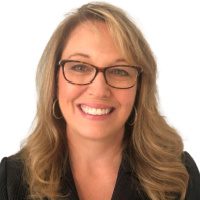
Robyn Meyer is the Senior Vice President at Transportation Insight. Robyn is responsible for small parcel strategy and building solutions across varying platforms, transportation modes and geographies to aid supply chain managers in strengthening their decision-making. Robyn leverages commonly identified shipper challenges to enhance capabilities, target development and continue innovation within Transportation Insight’s different supply chain digital platforms. Robyn is an e-commerce expert, also certified in International Trade Compliance, who applies nearly 26 years of experience and a history of working with the most successful logistics, supply chain, and fulfillment leaders to solve these challenges. Connect with Robyn on LinkedIn.
